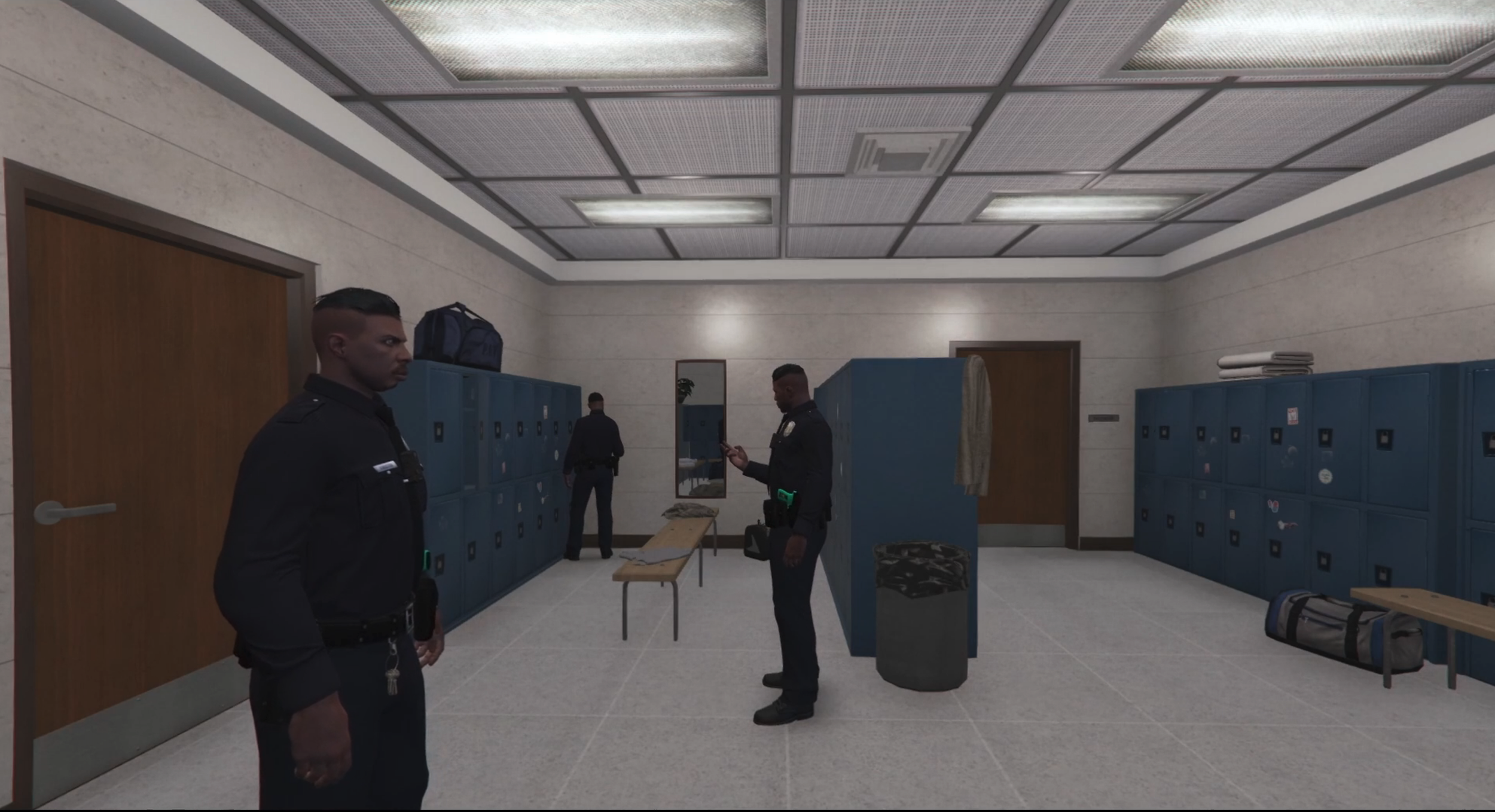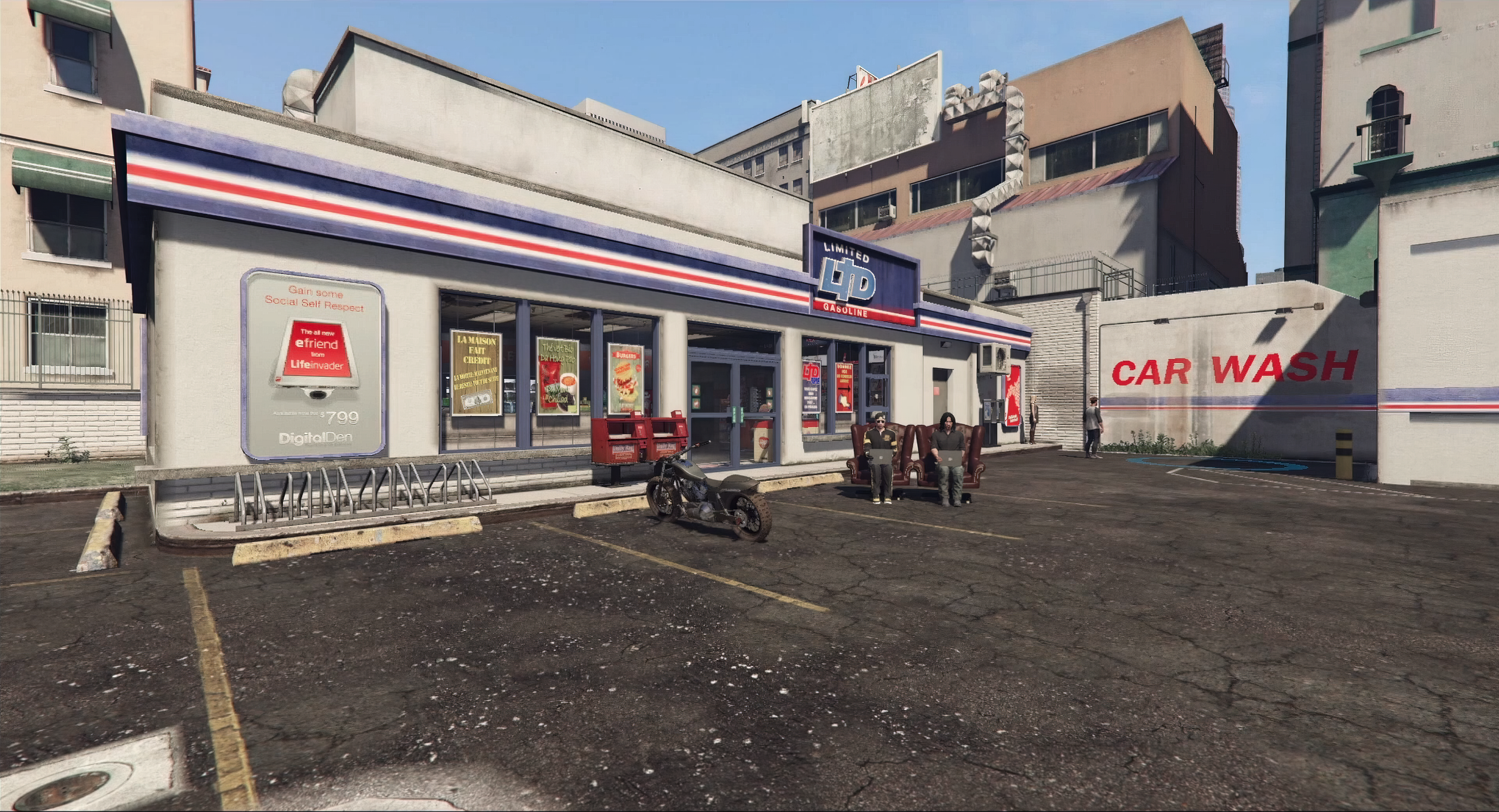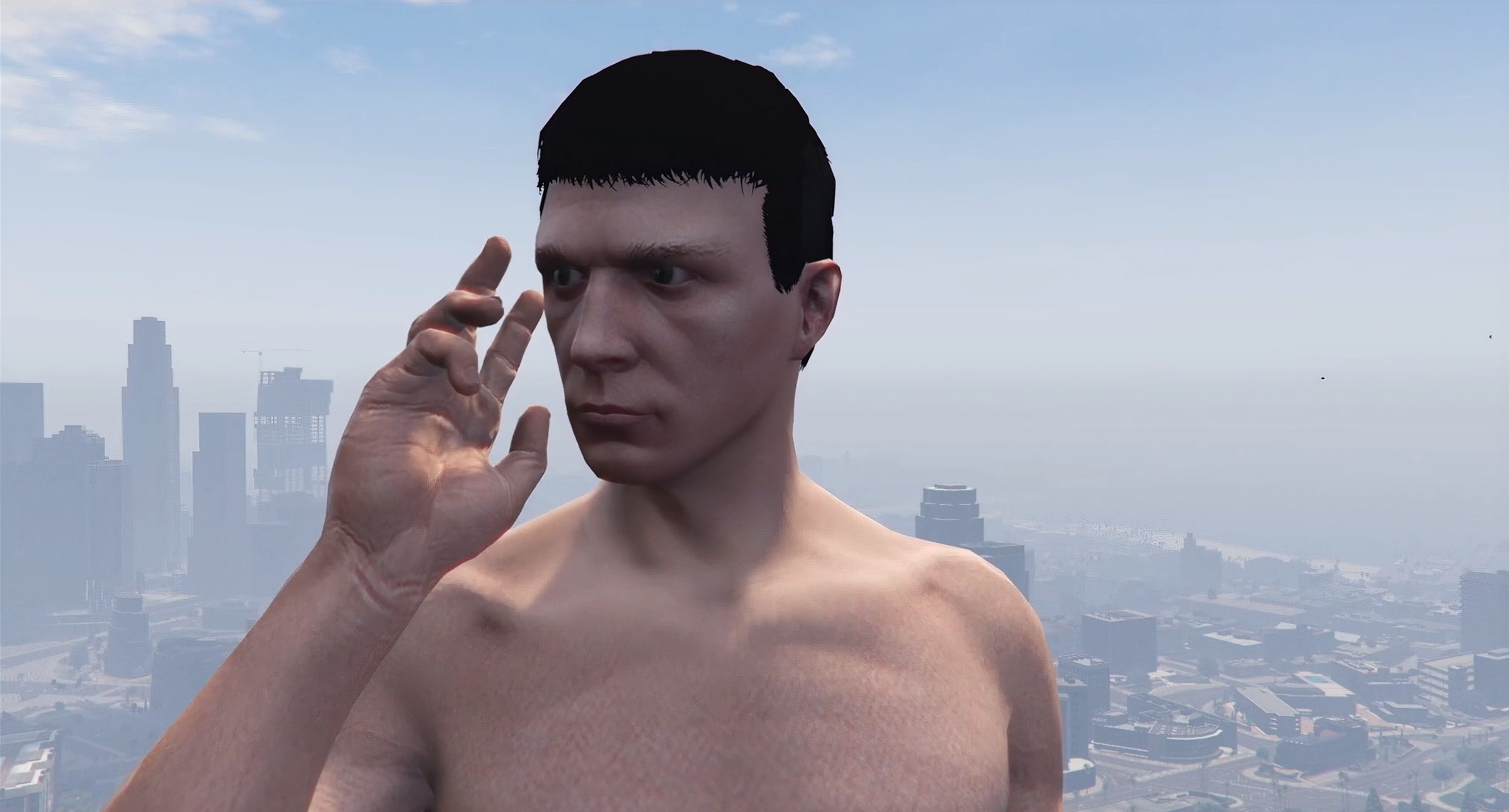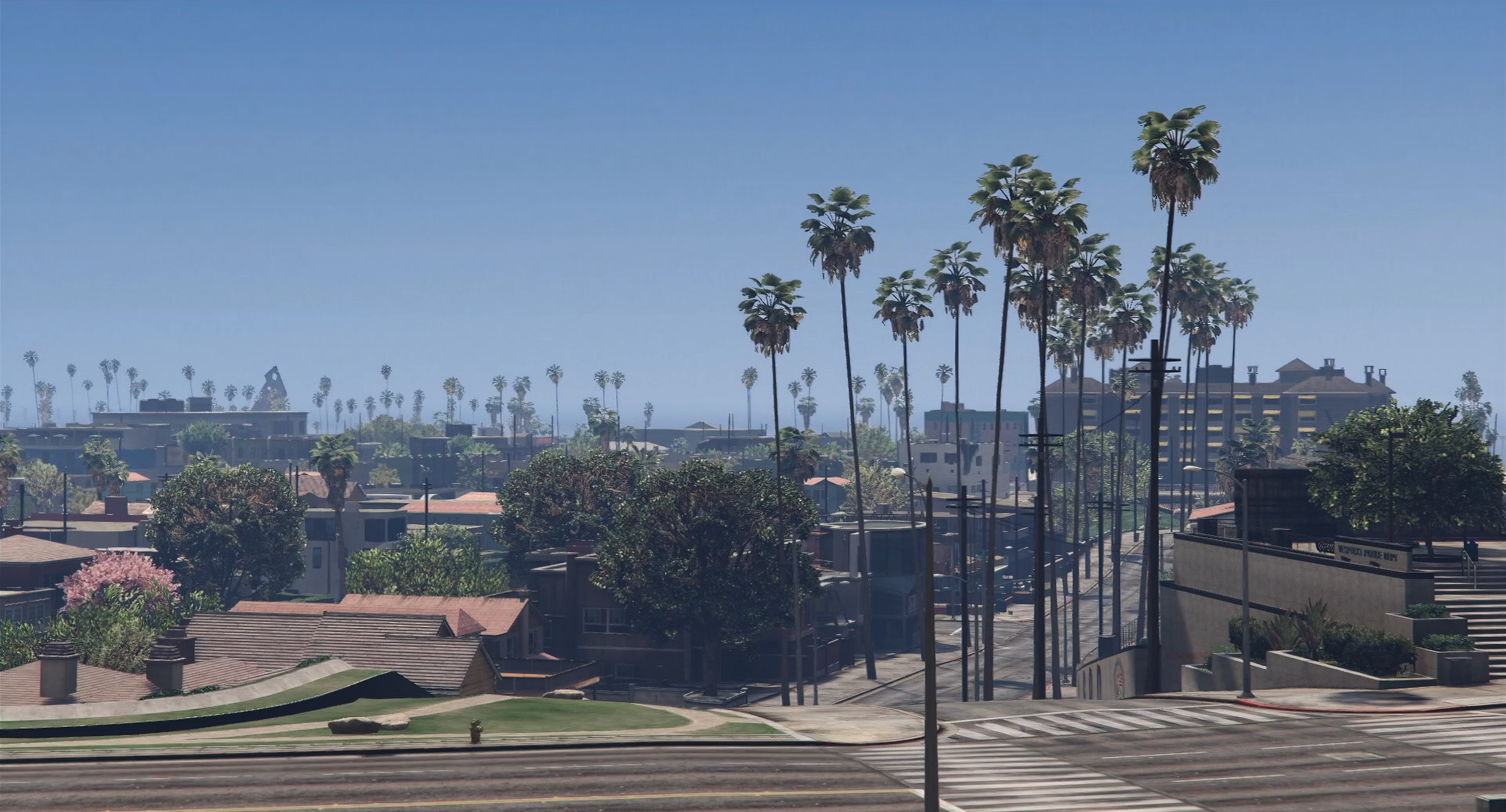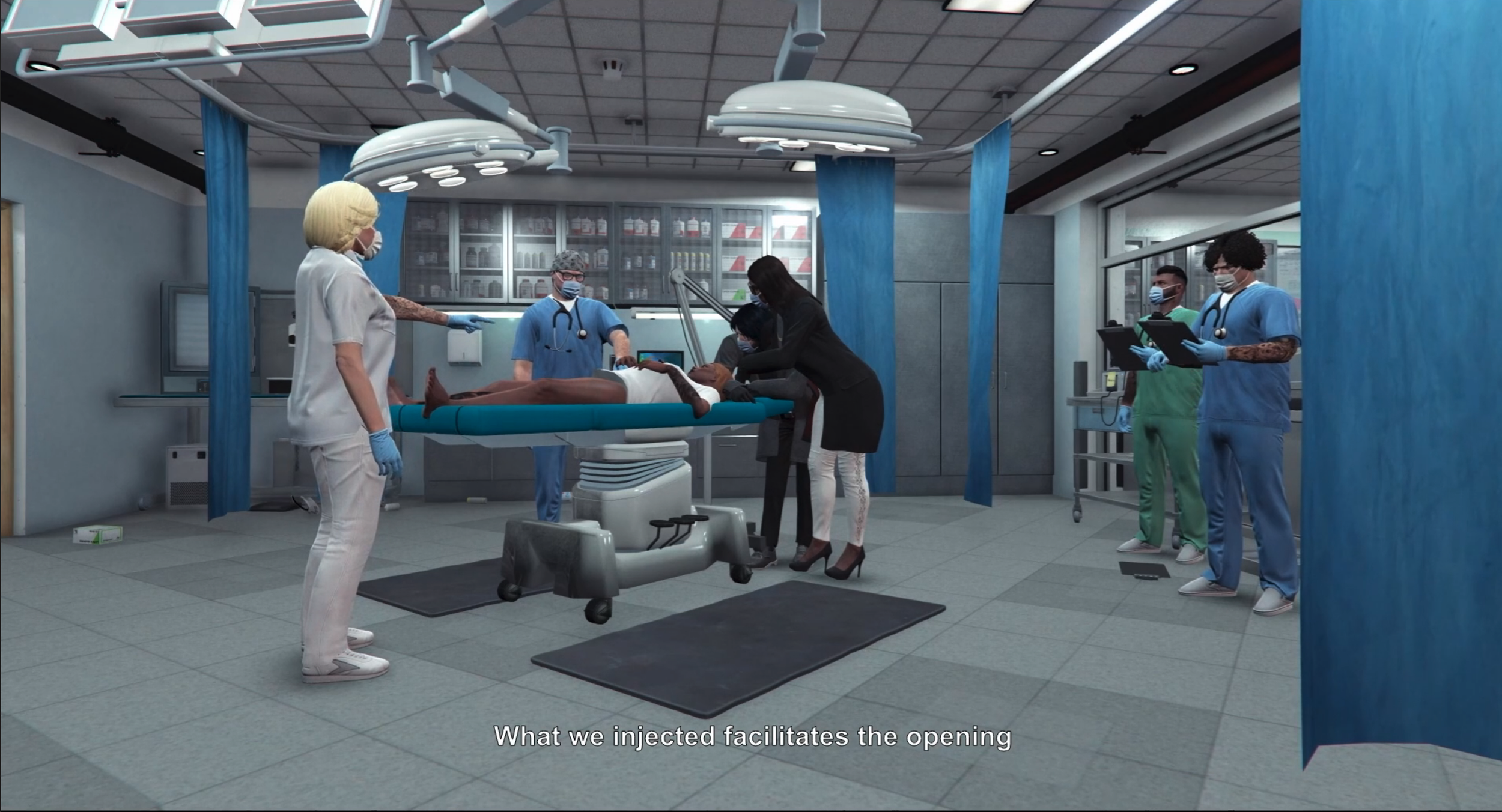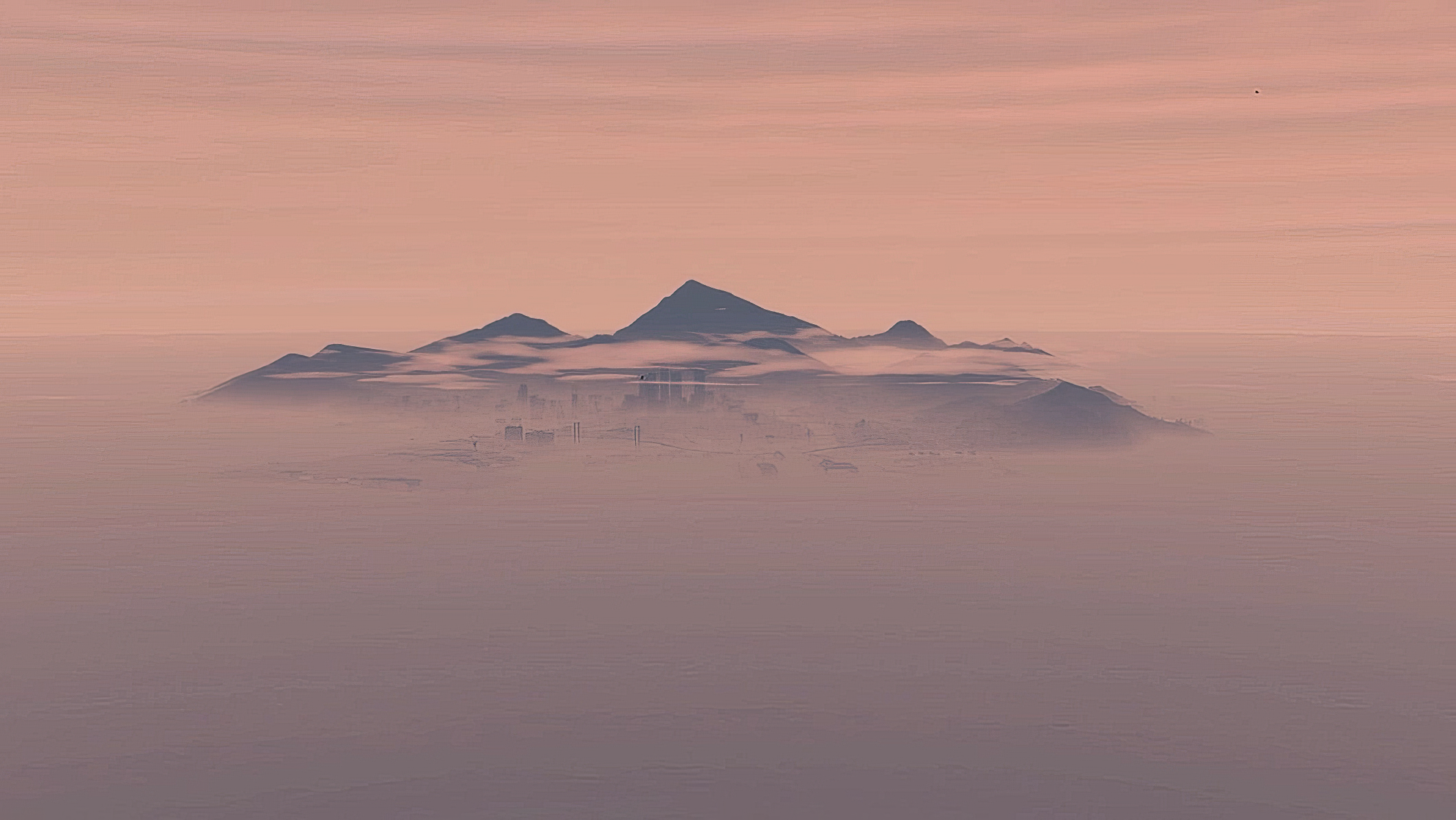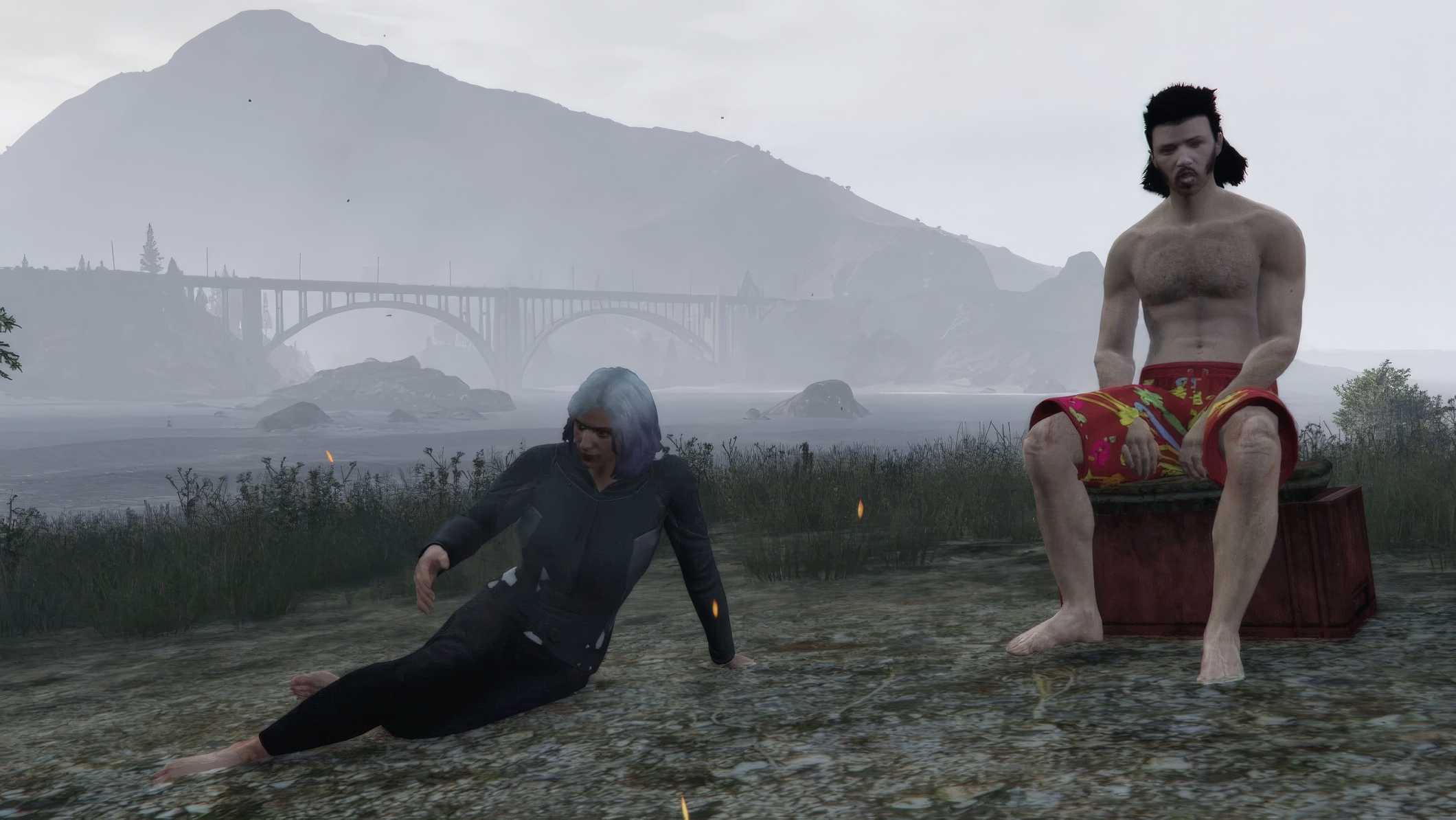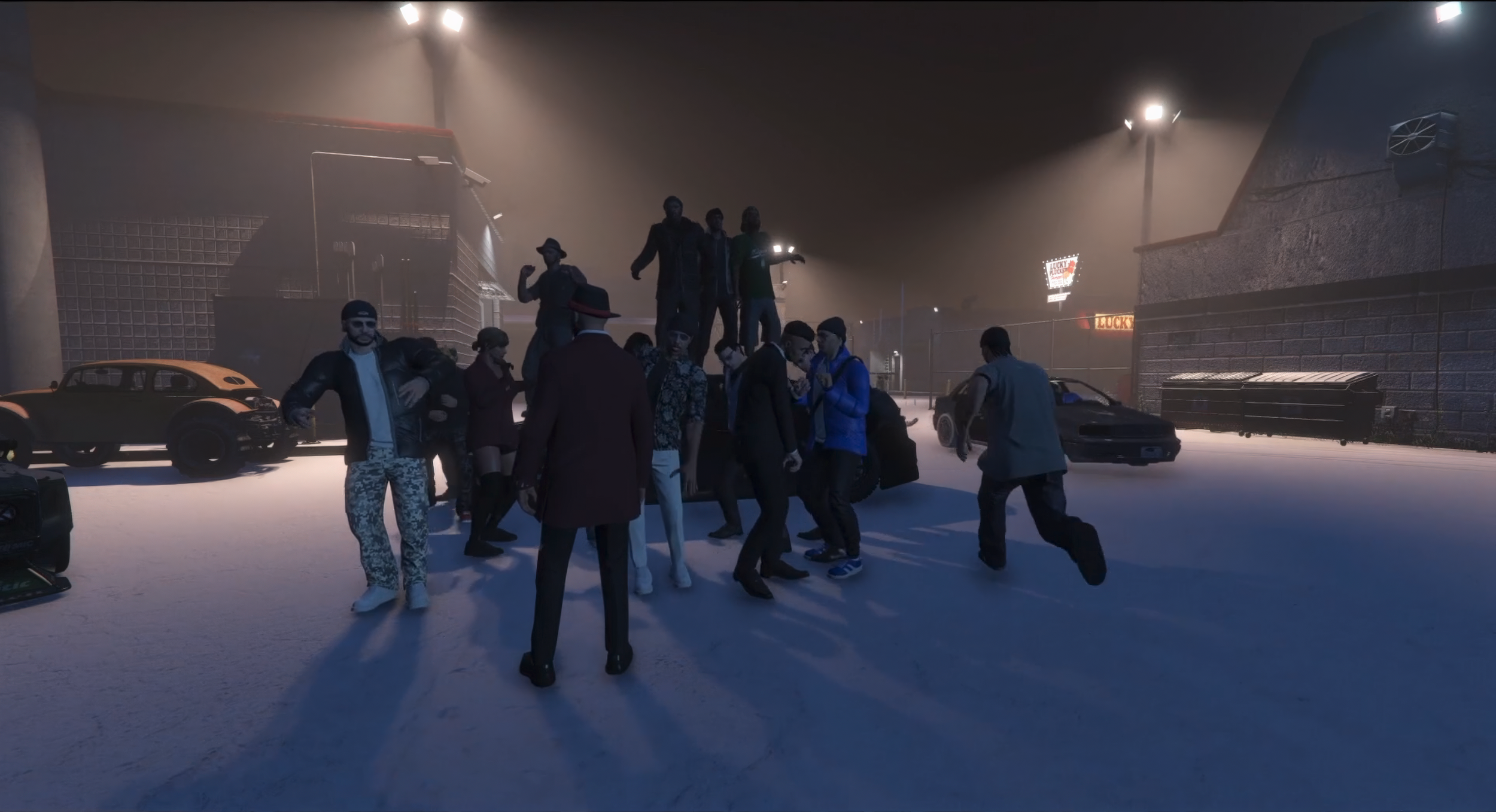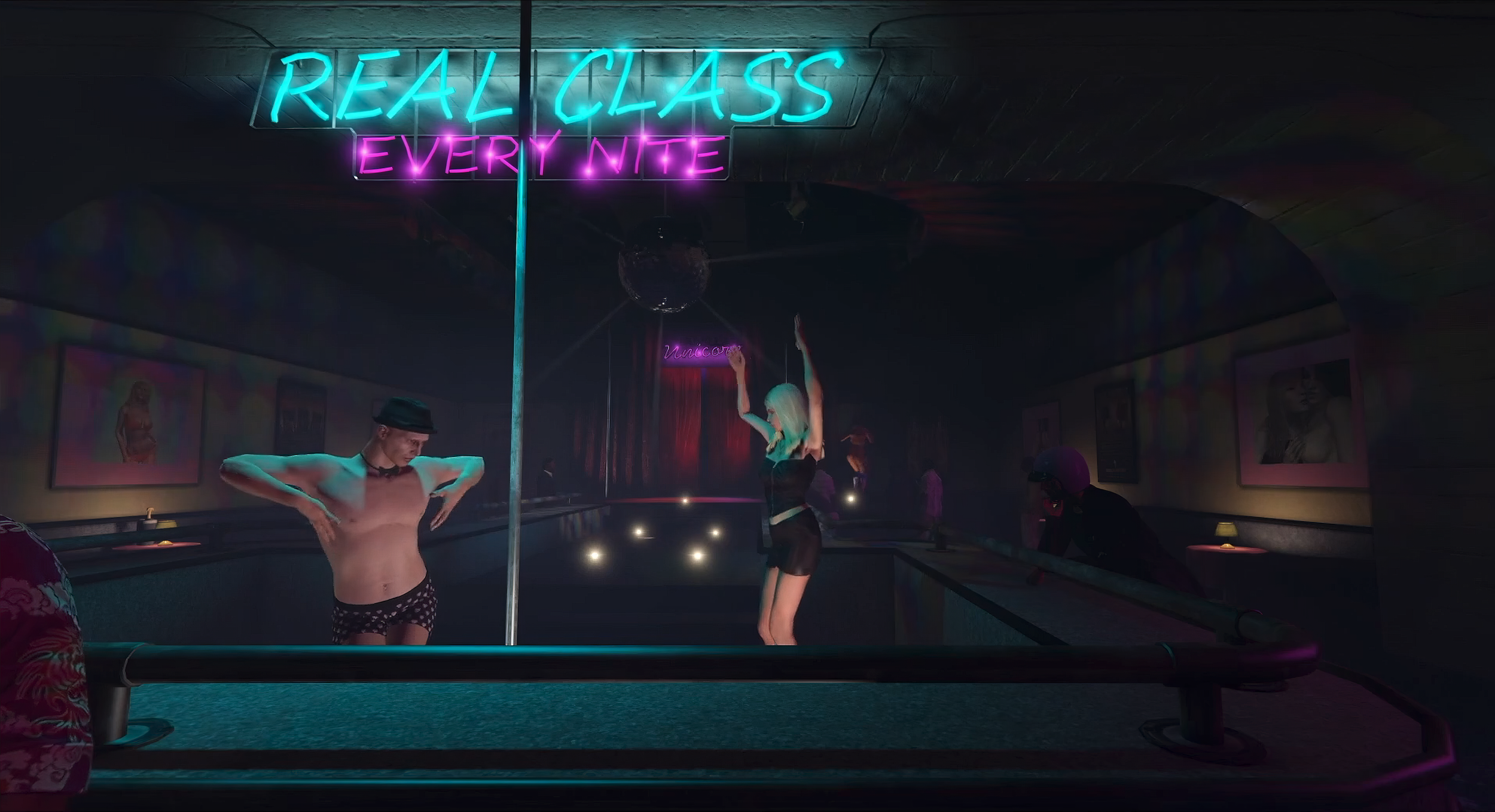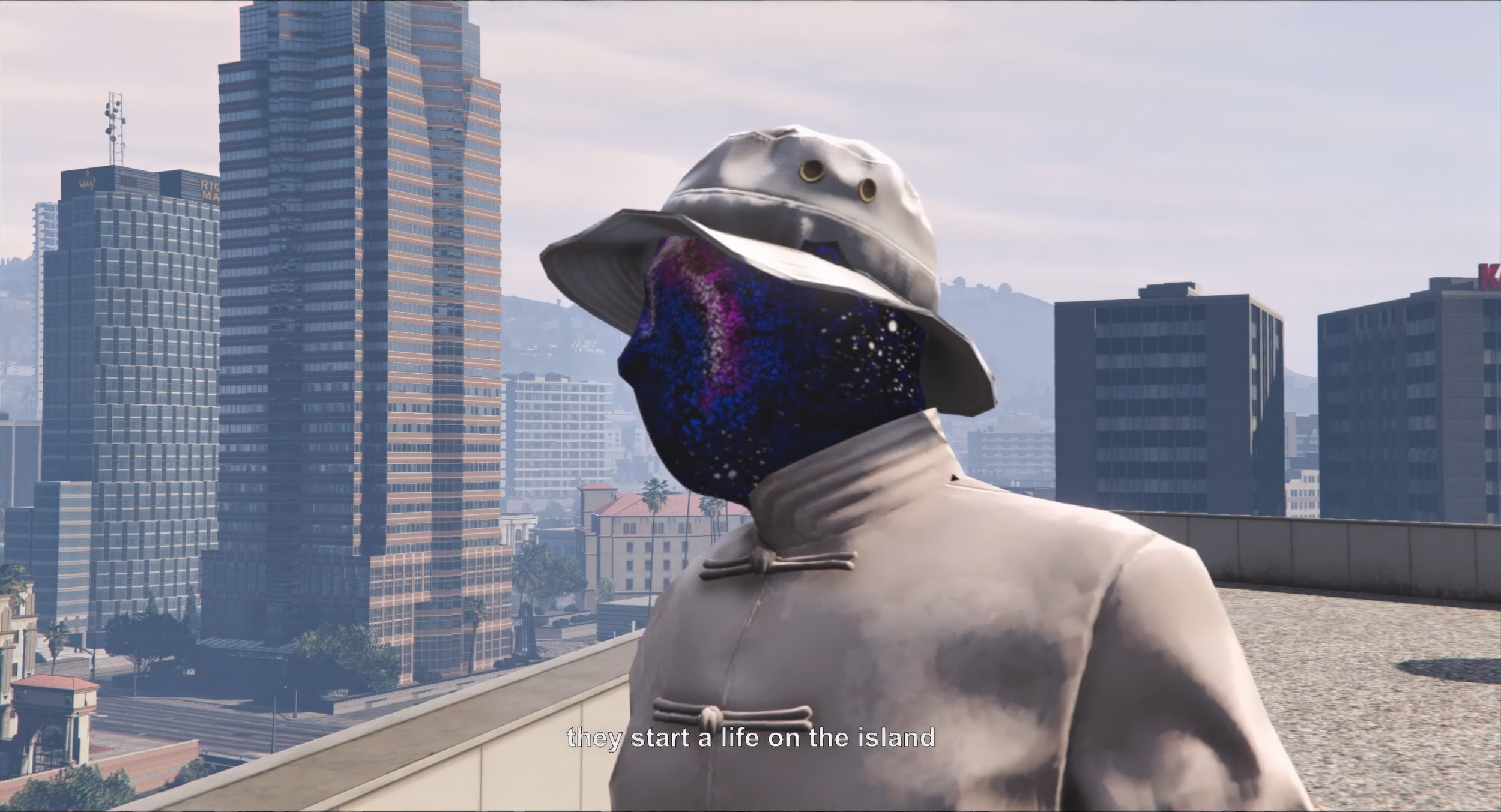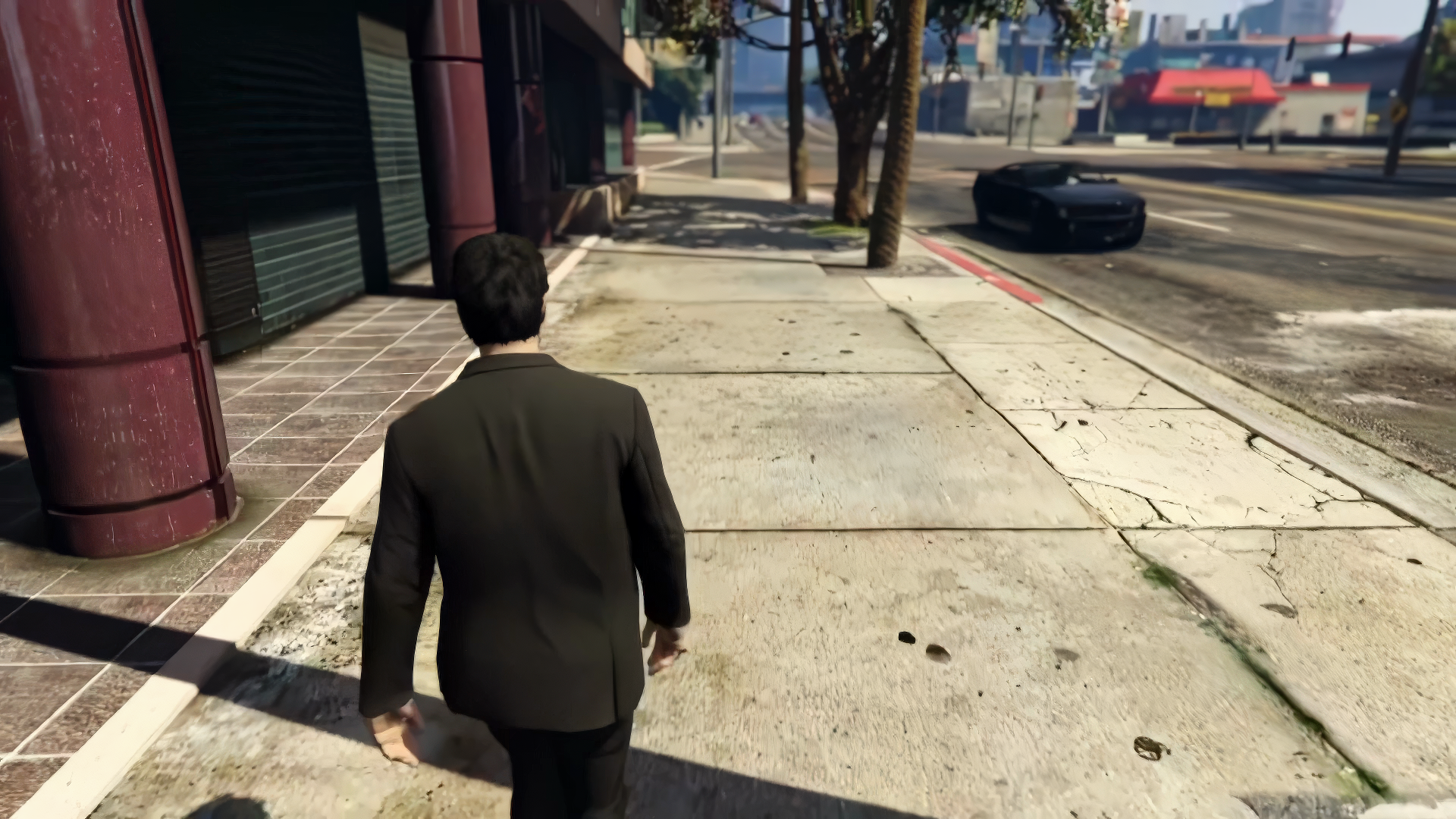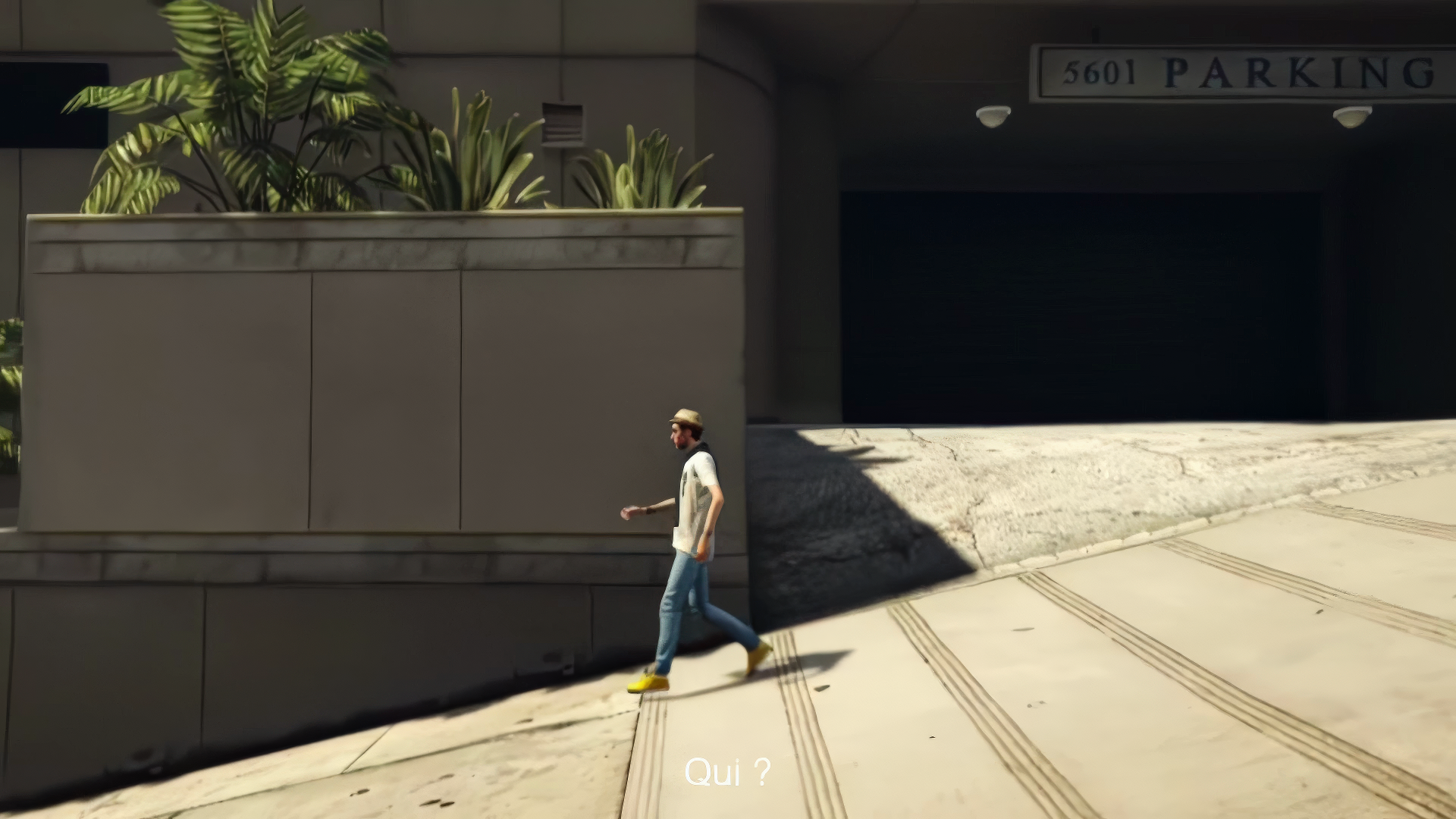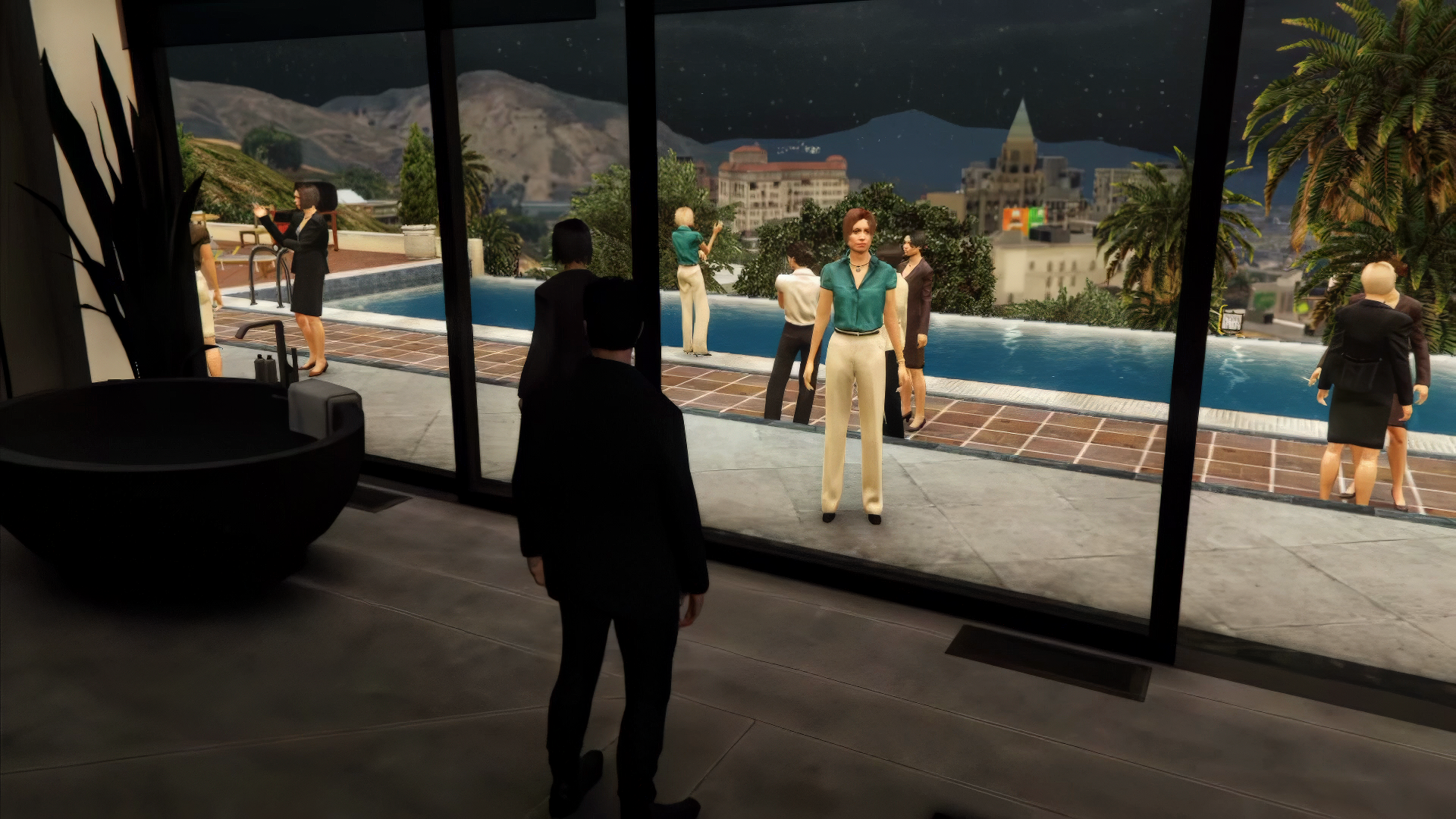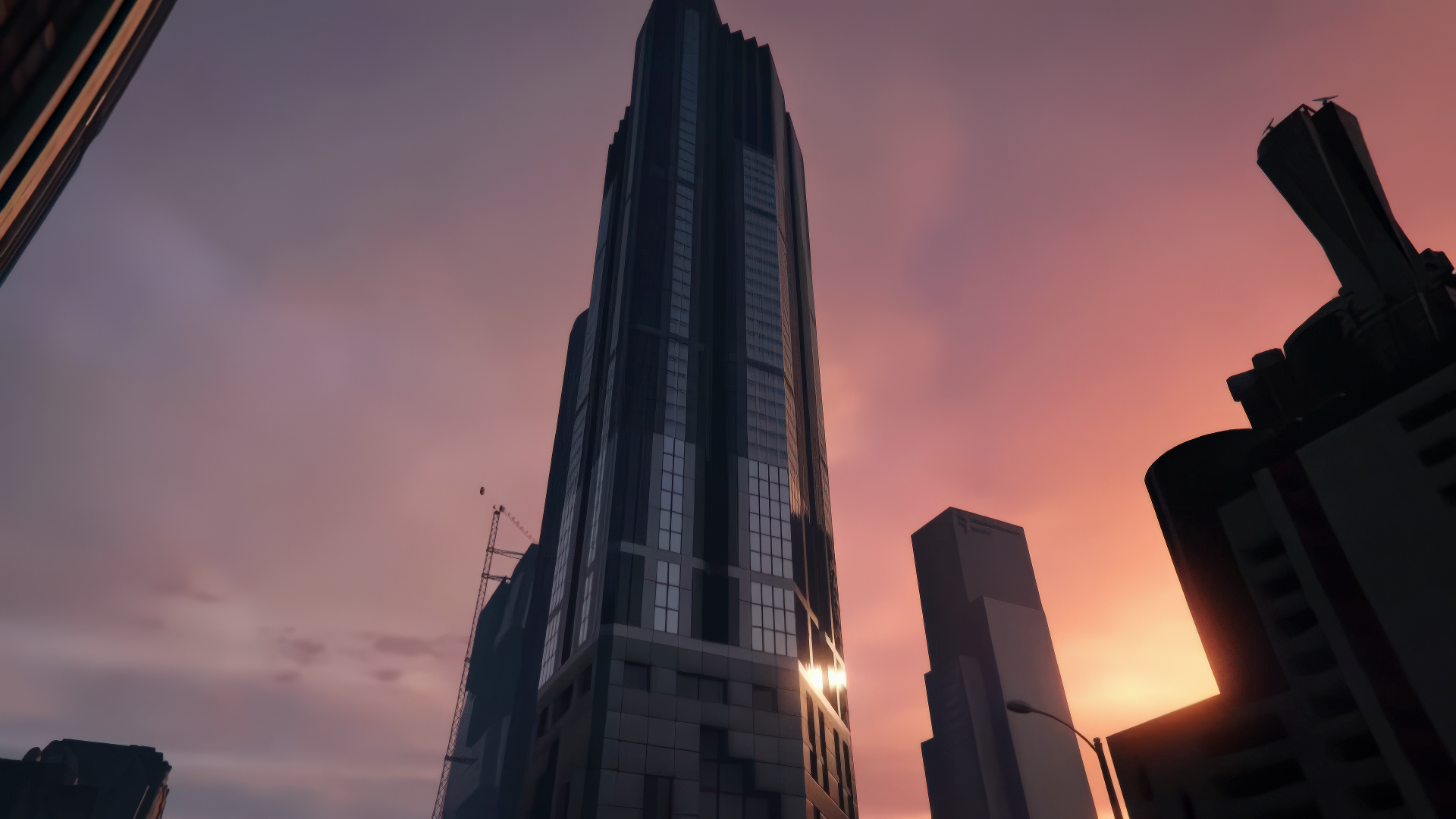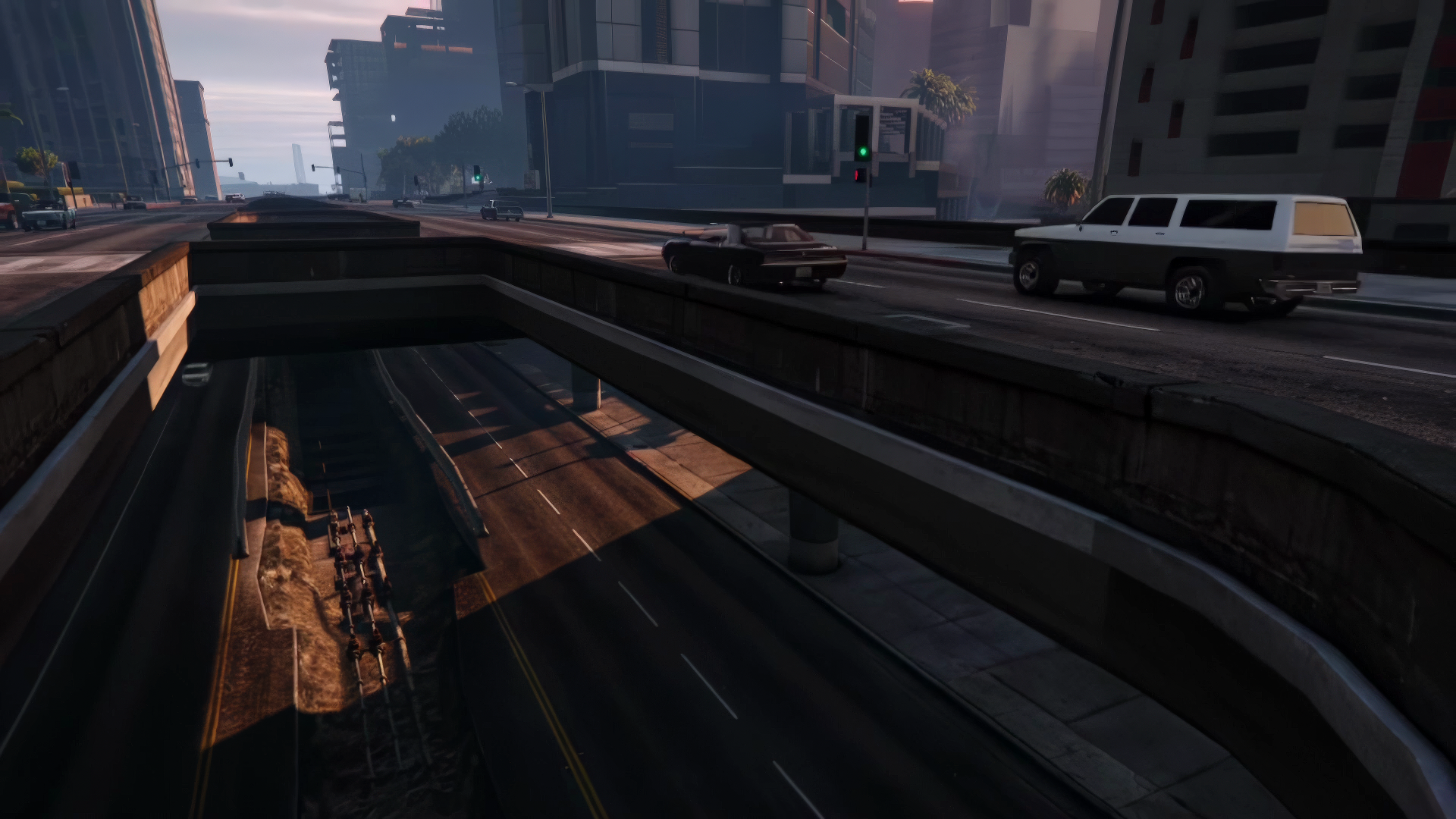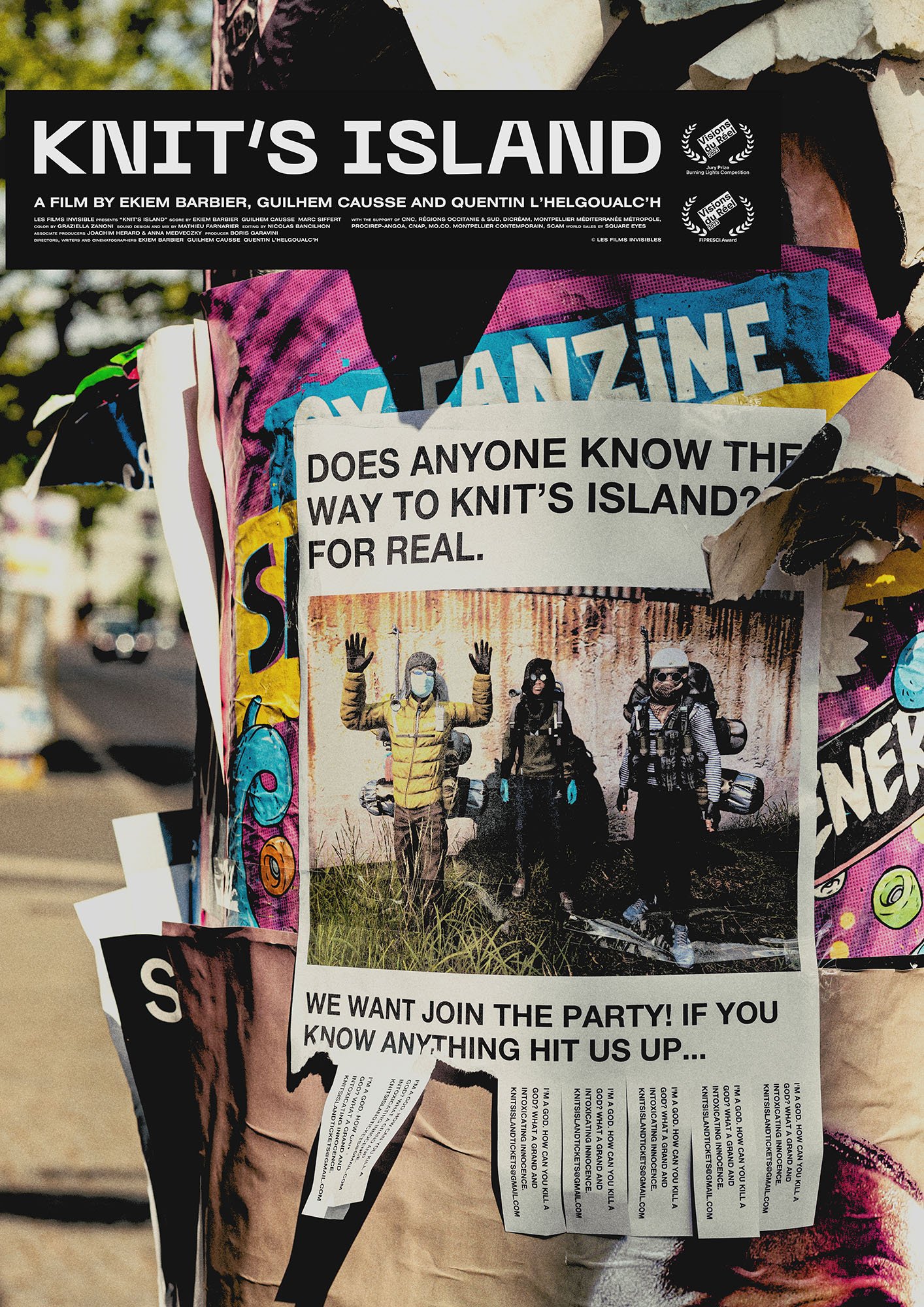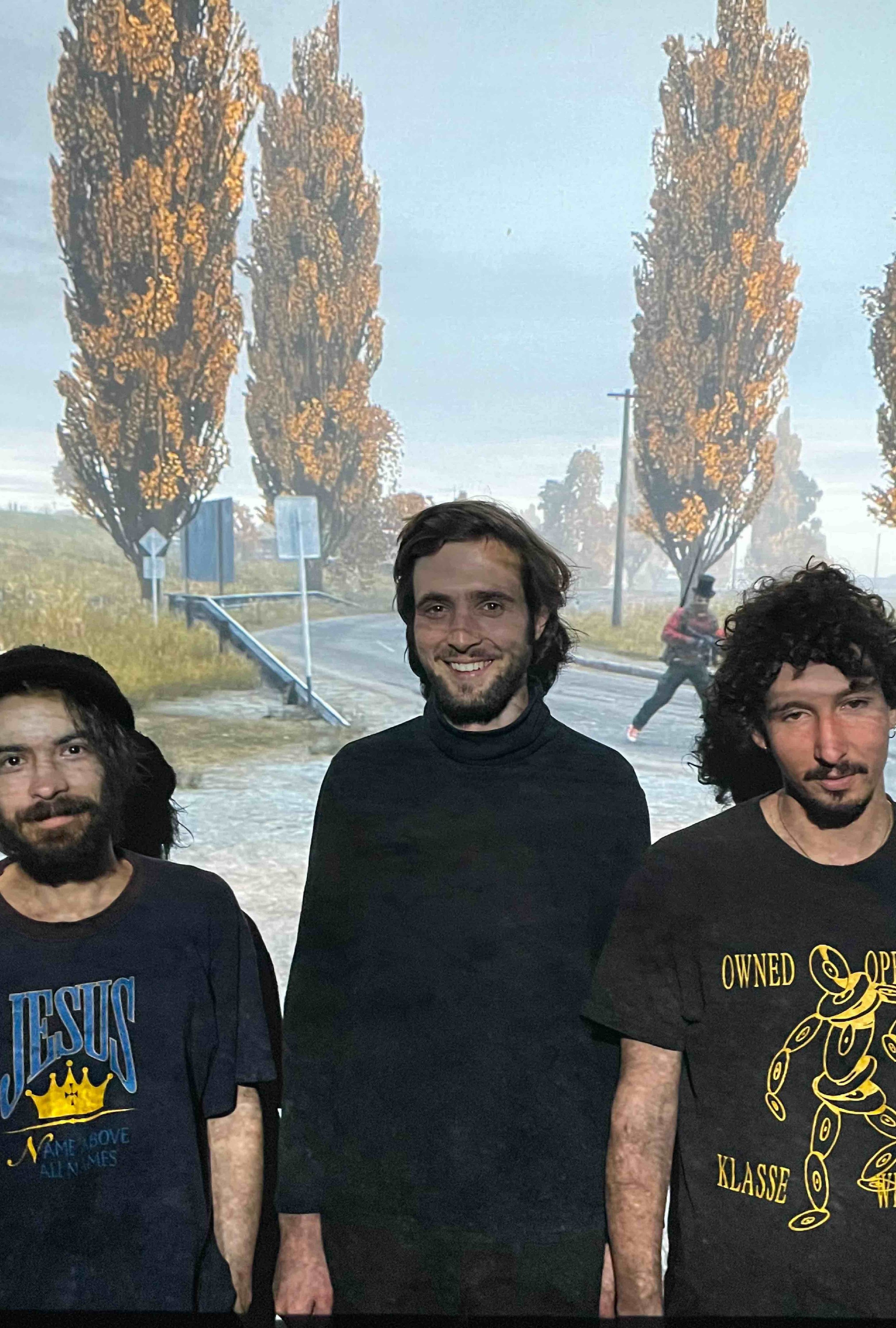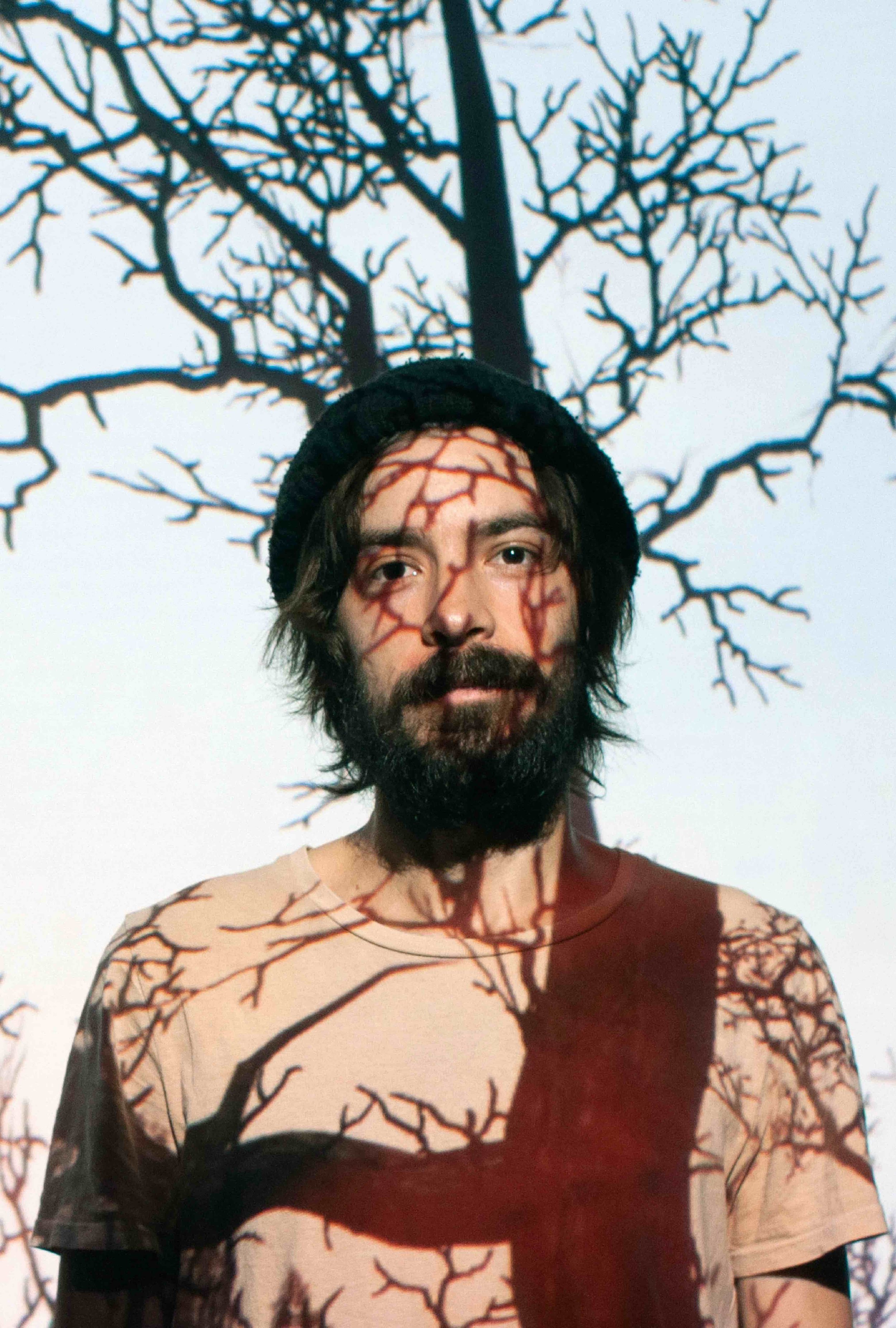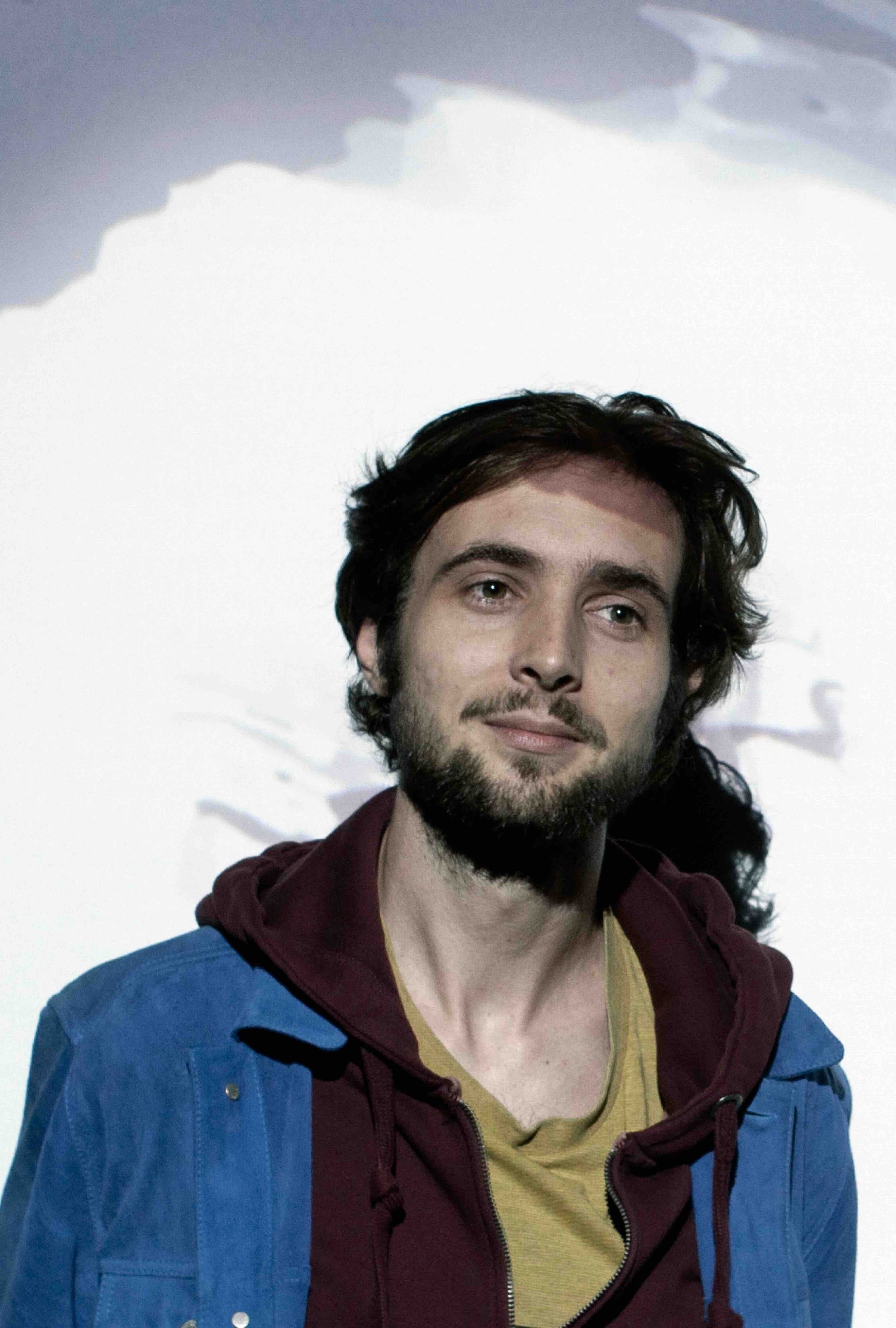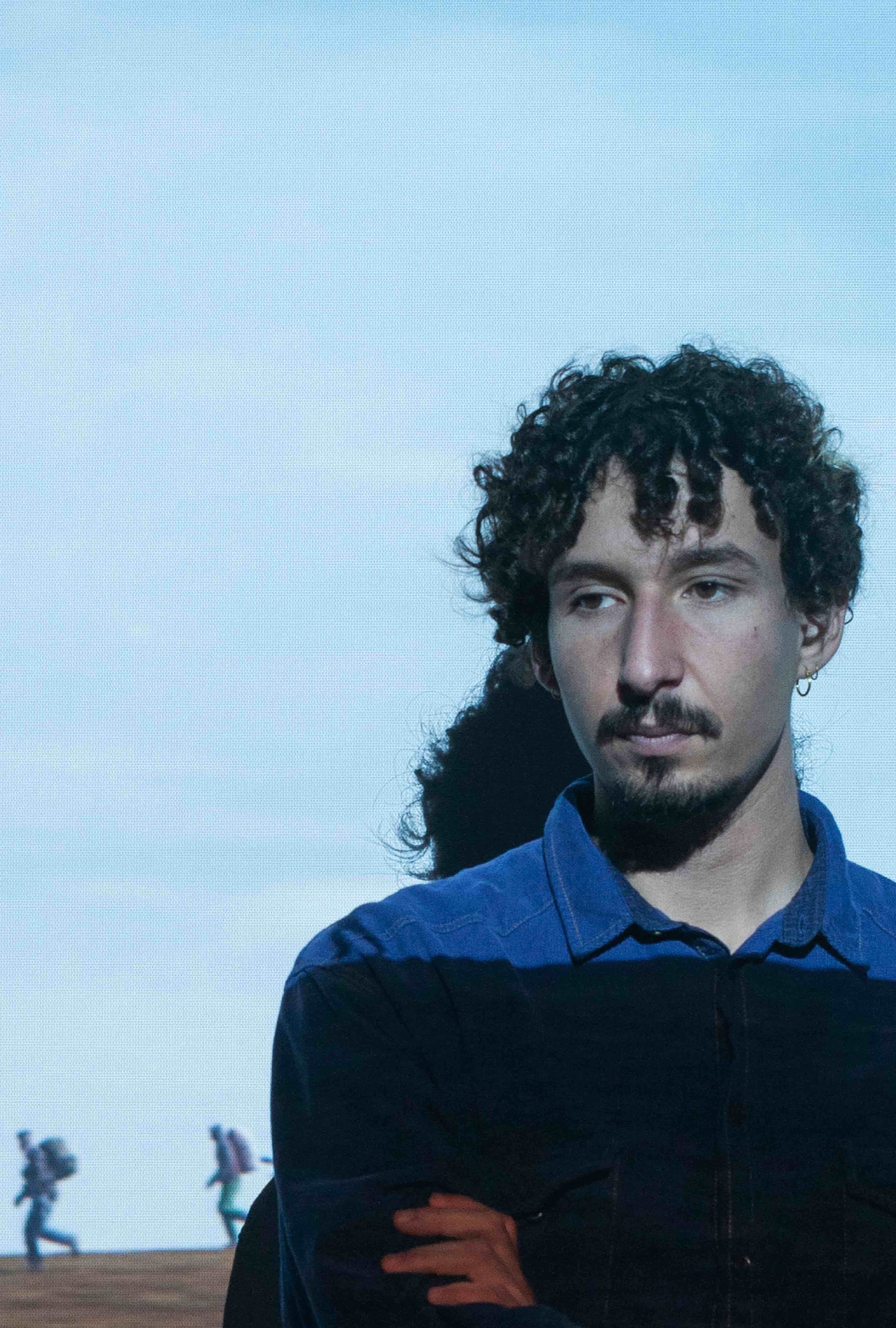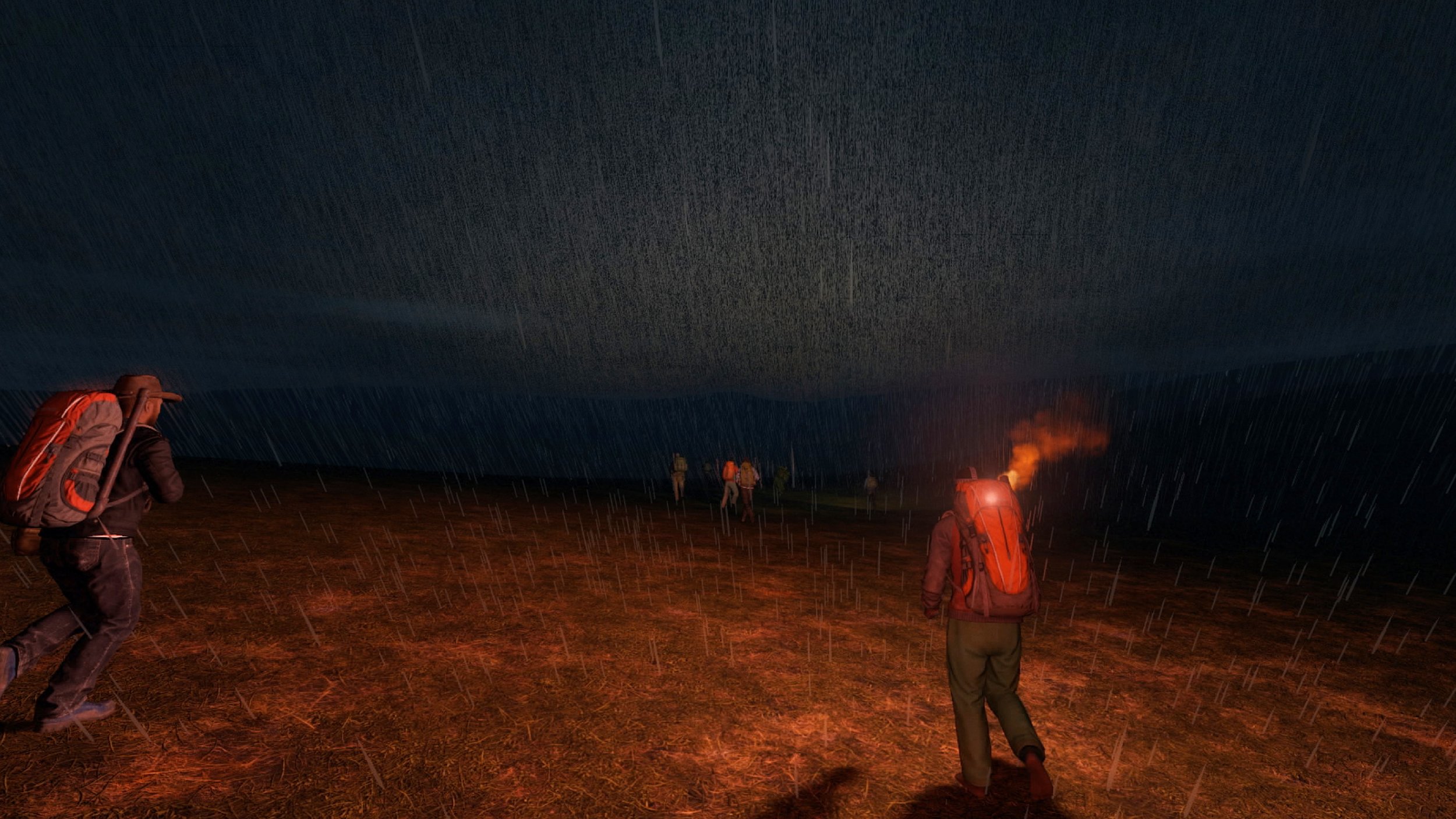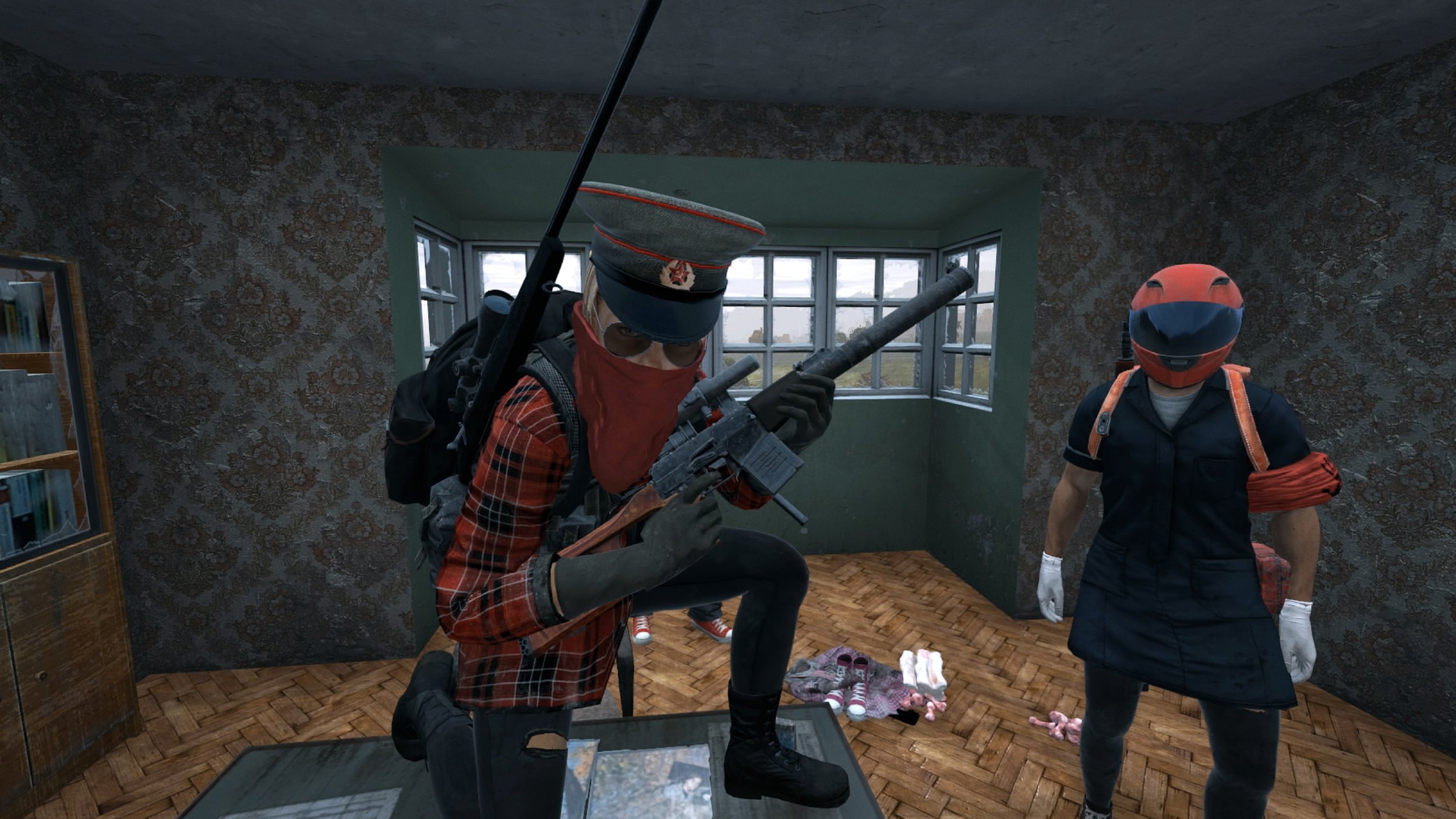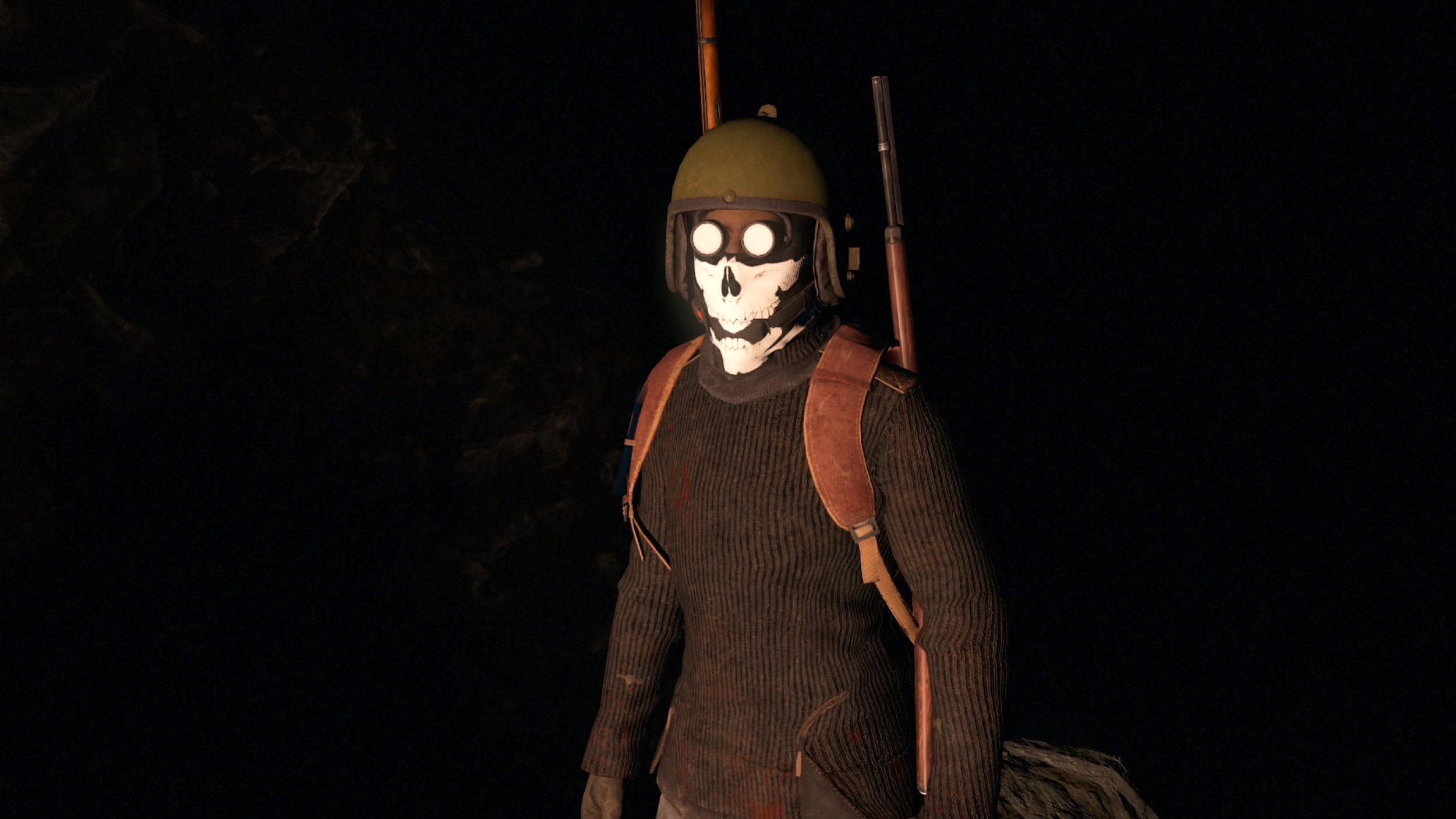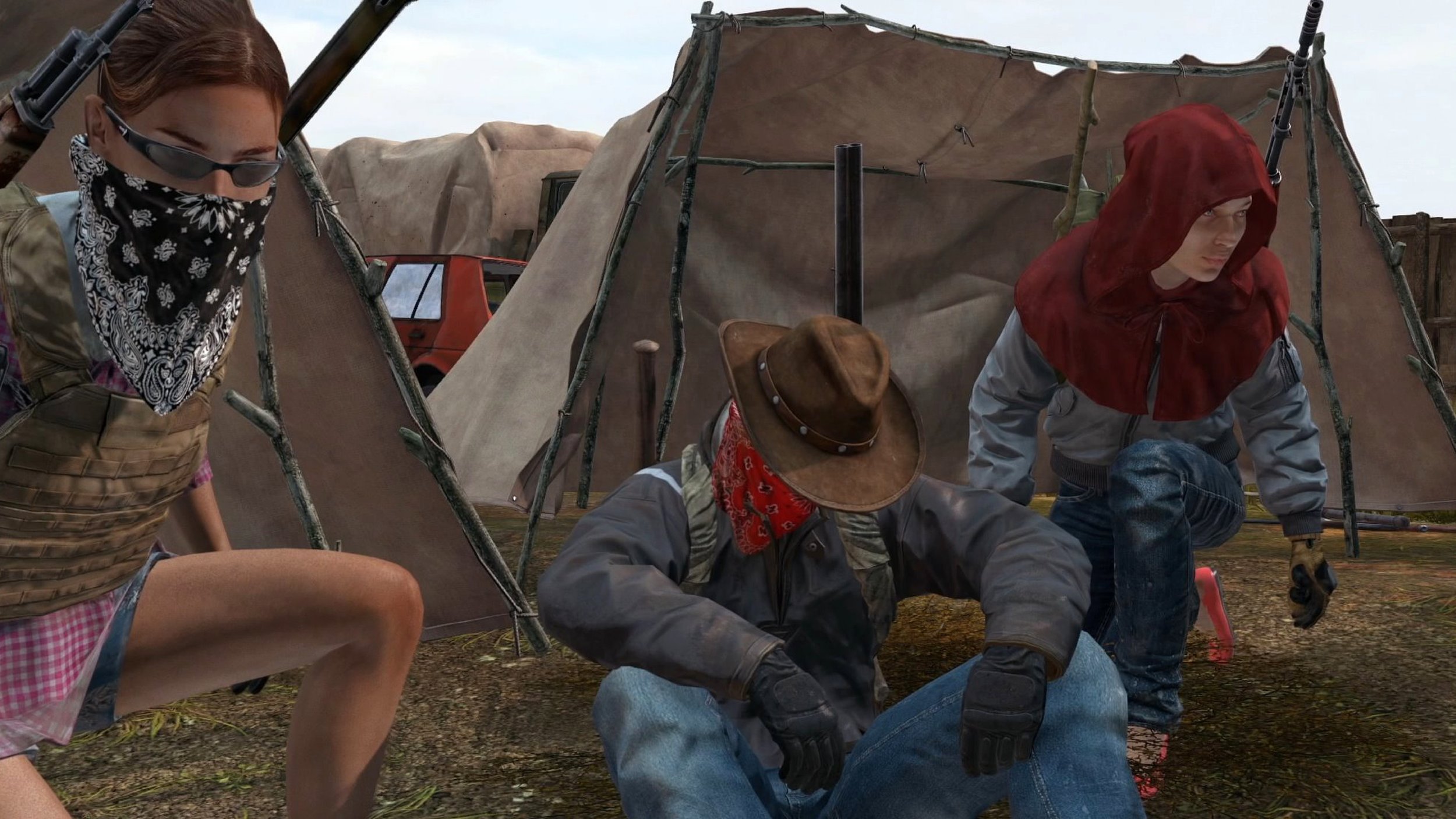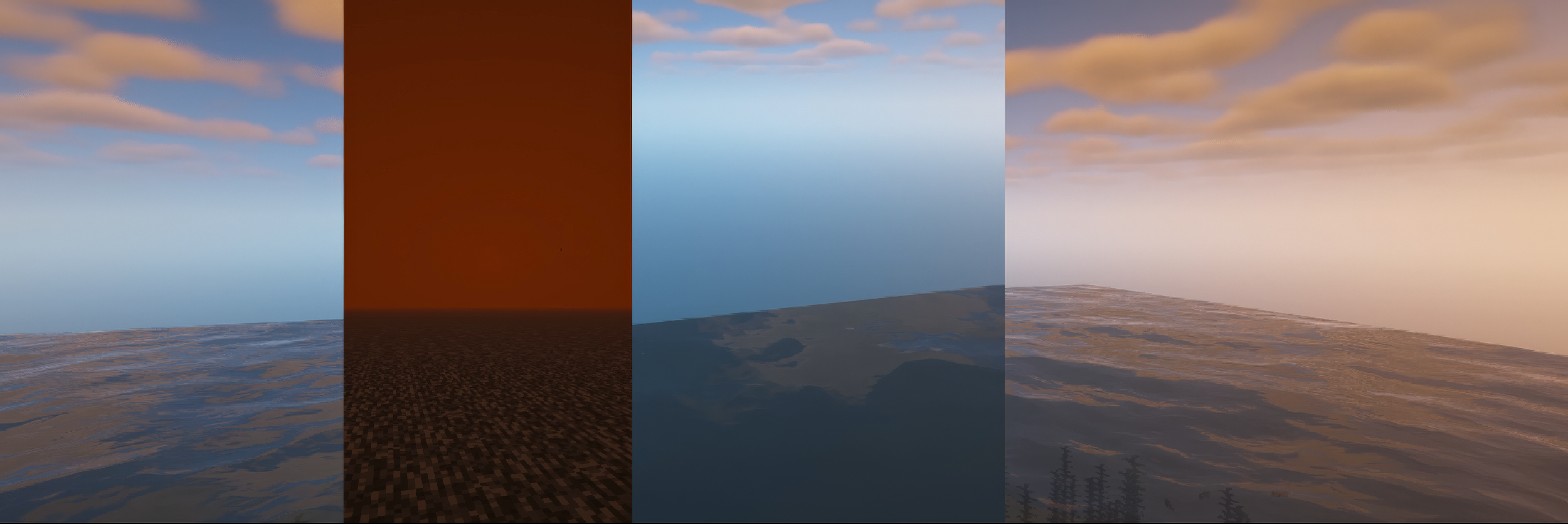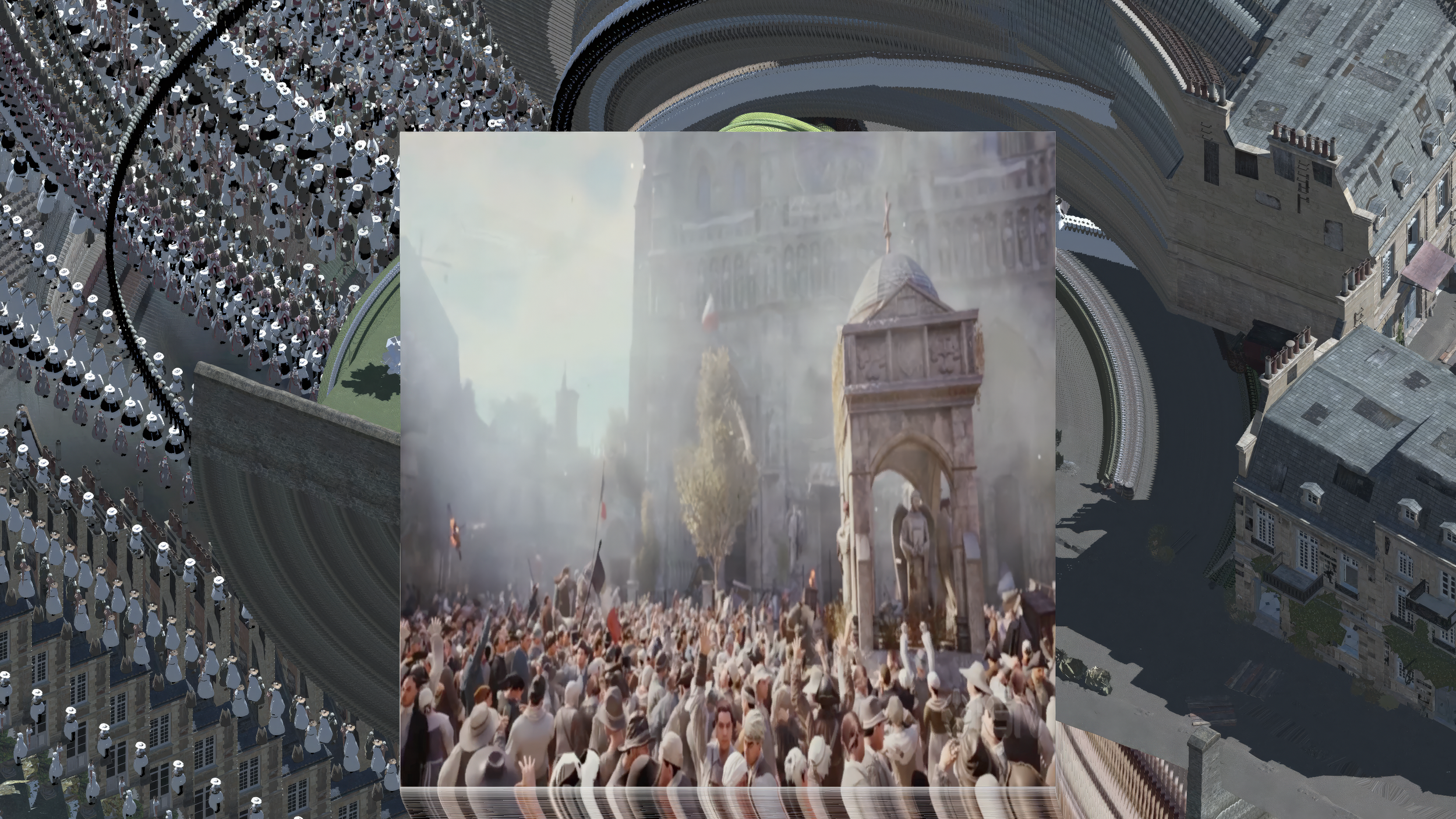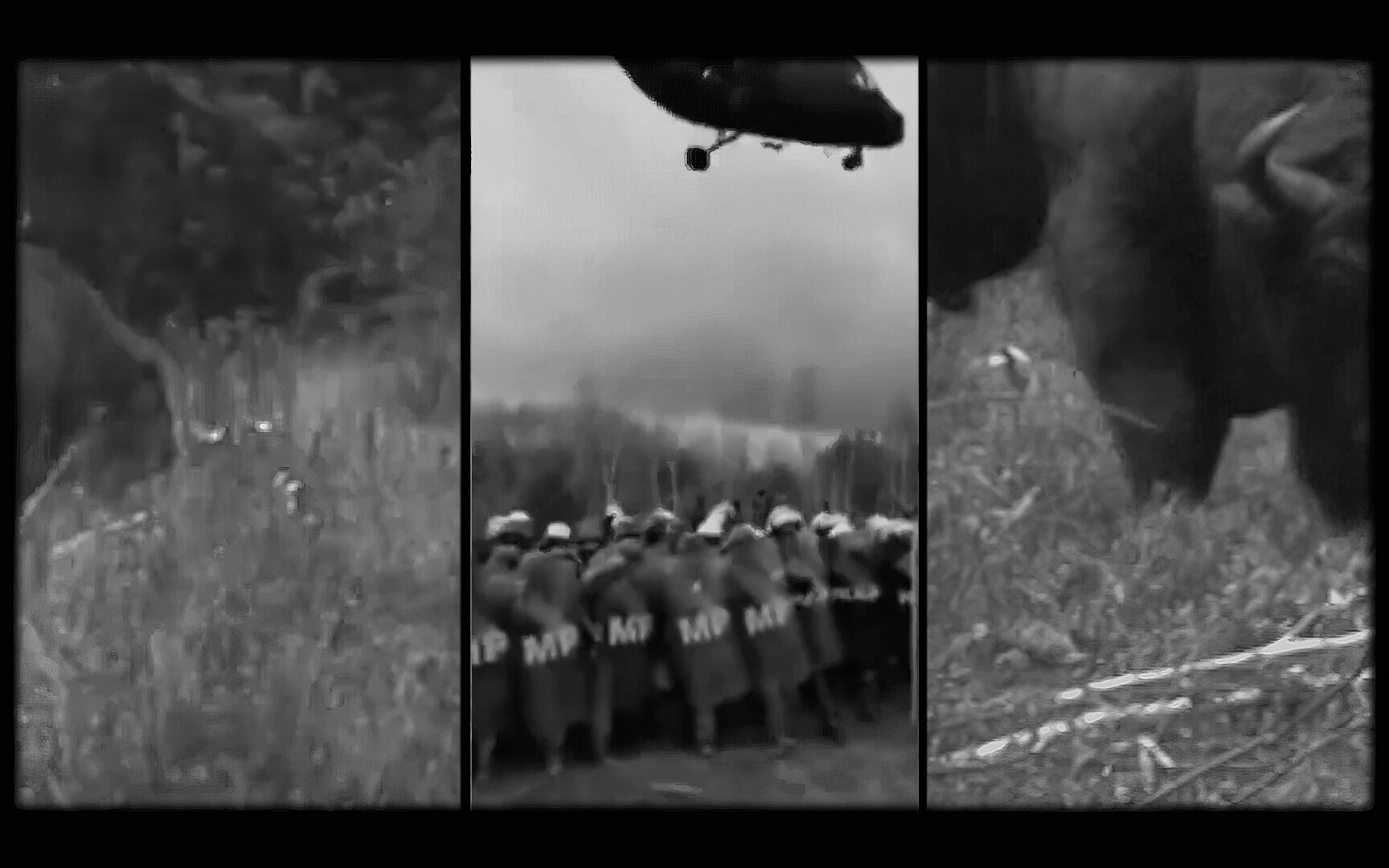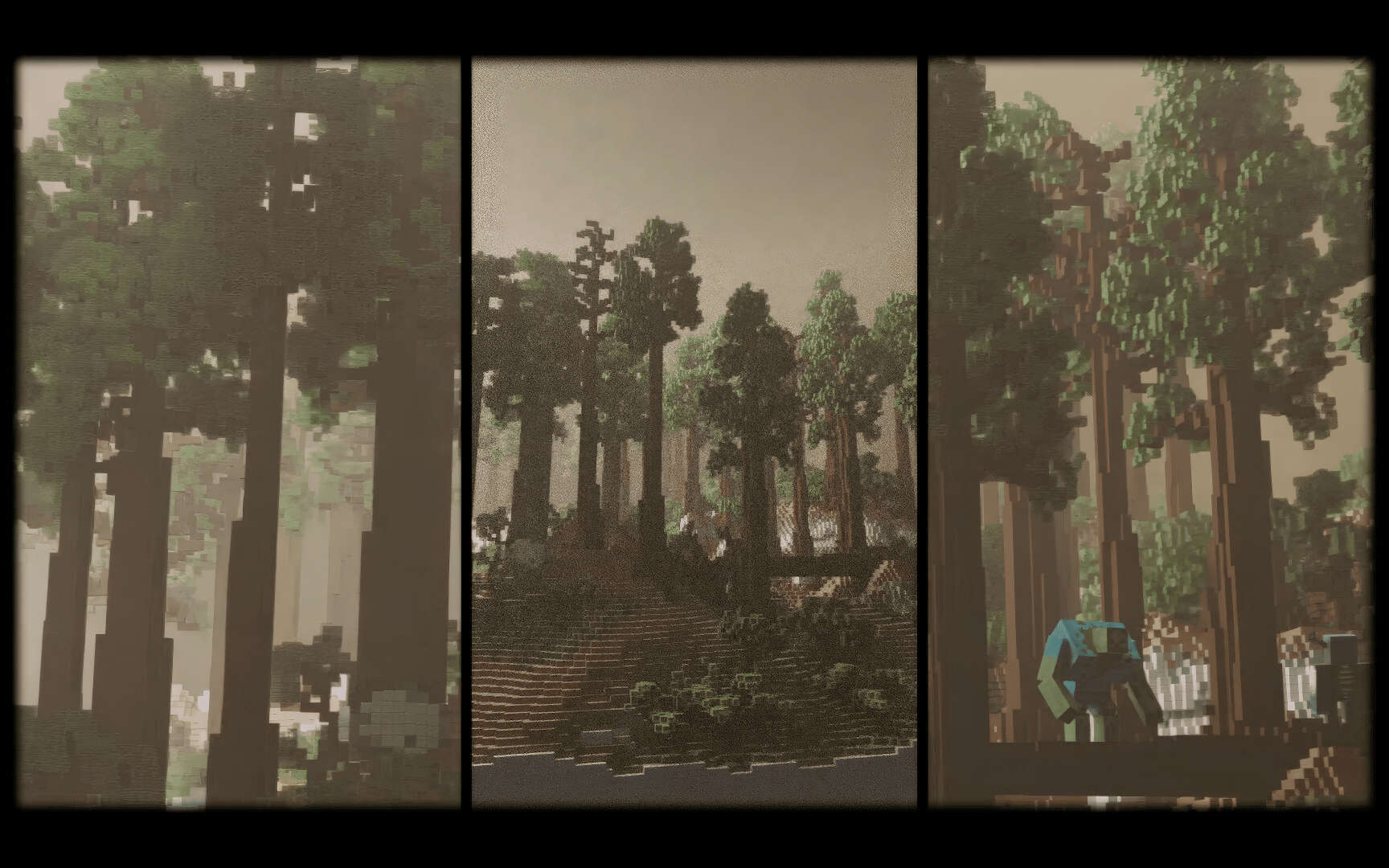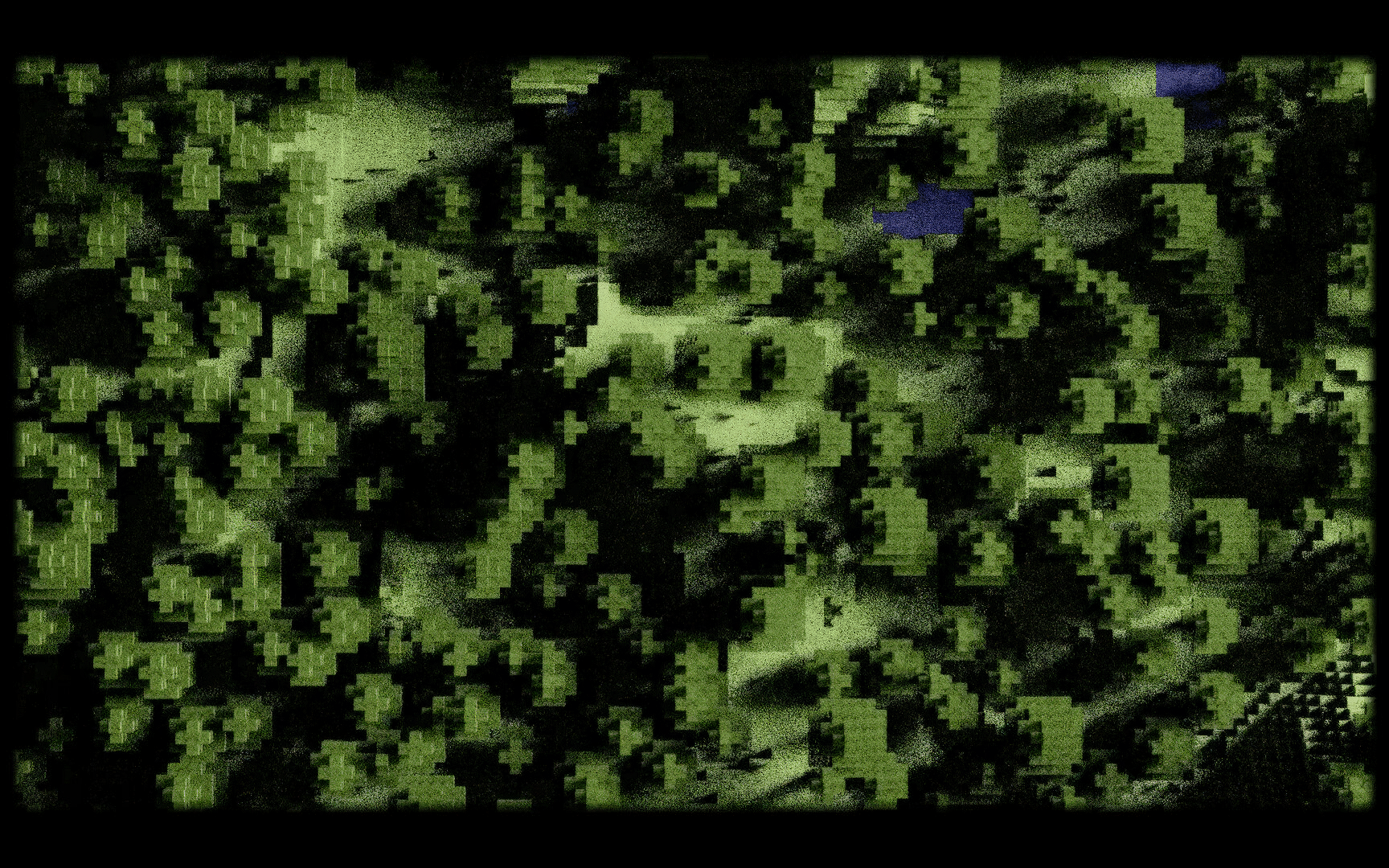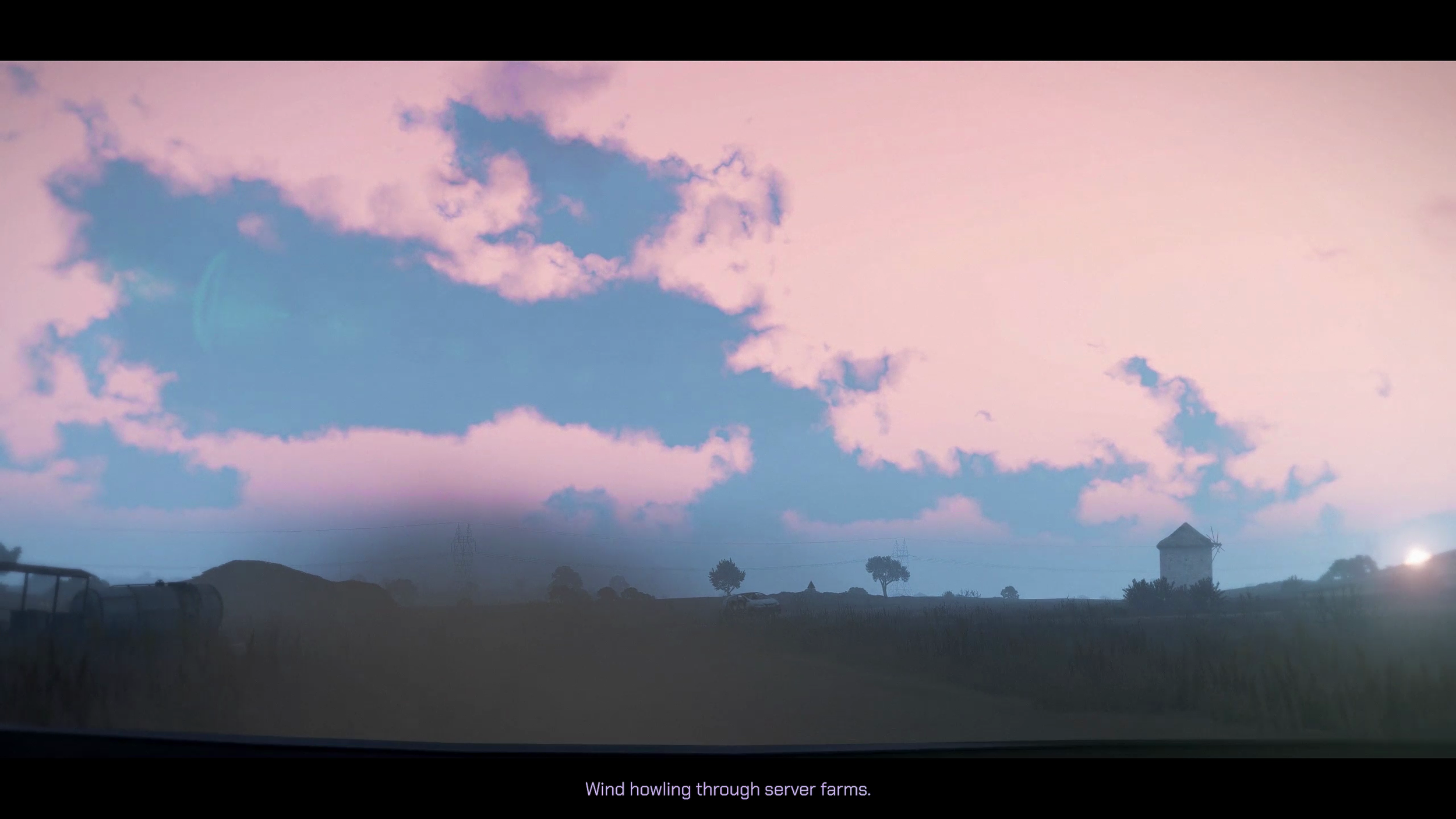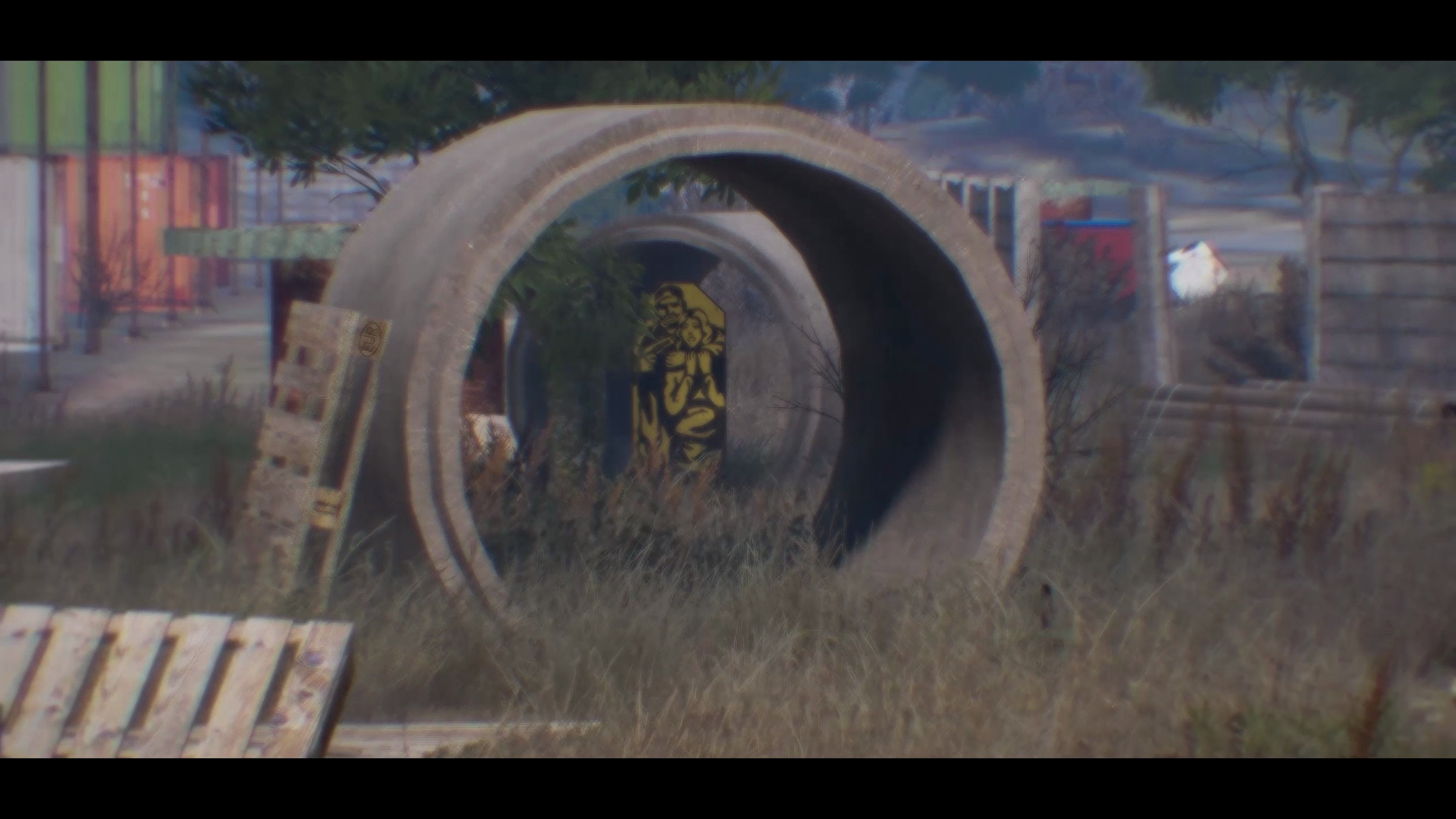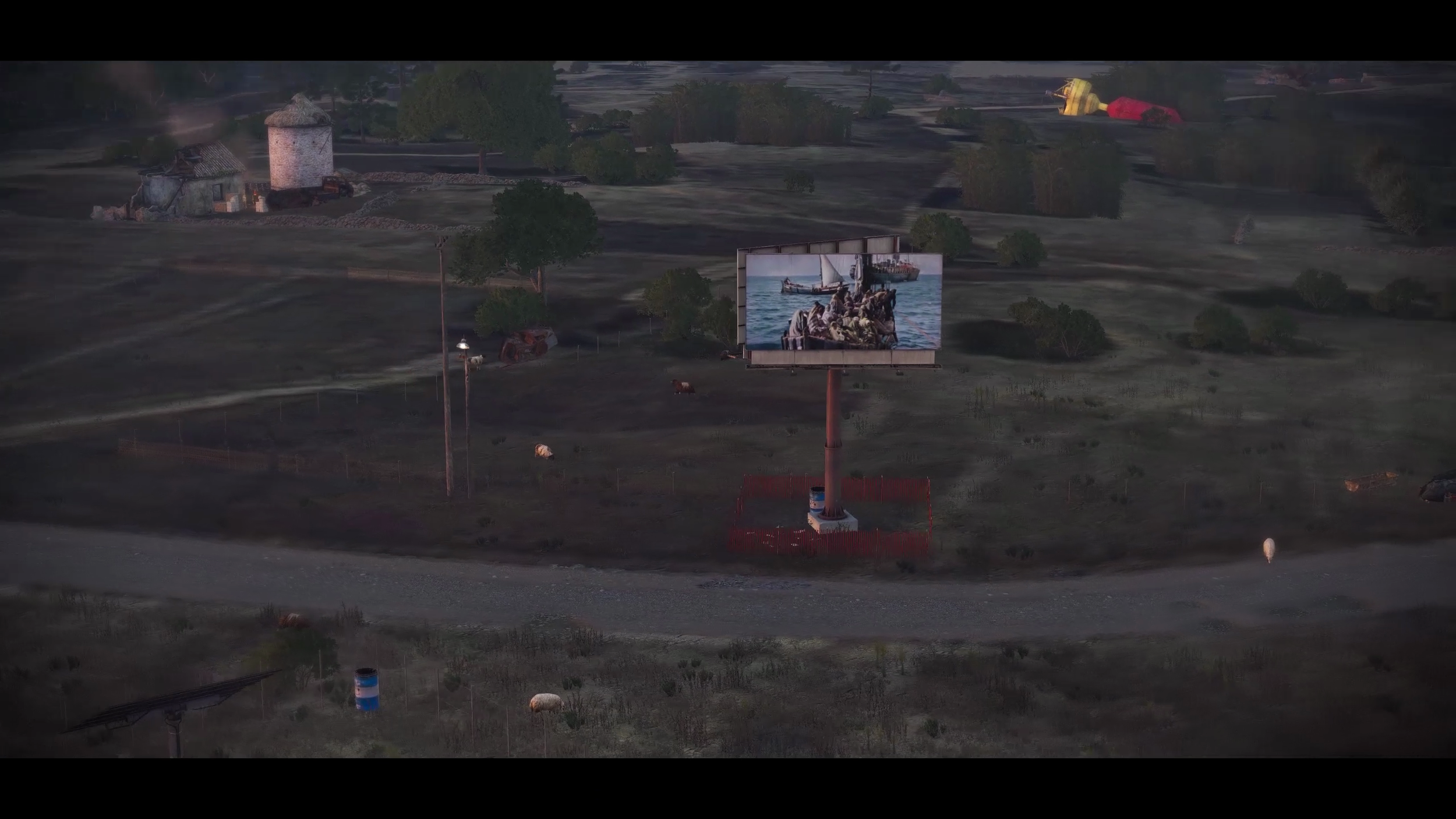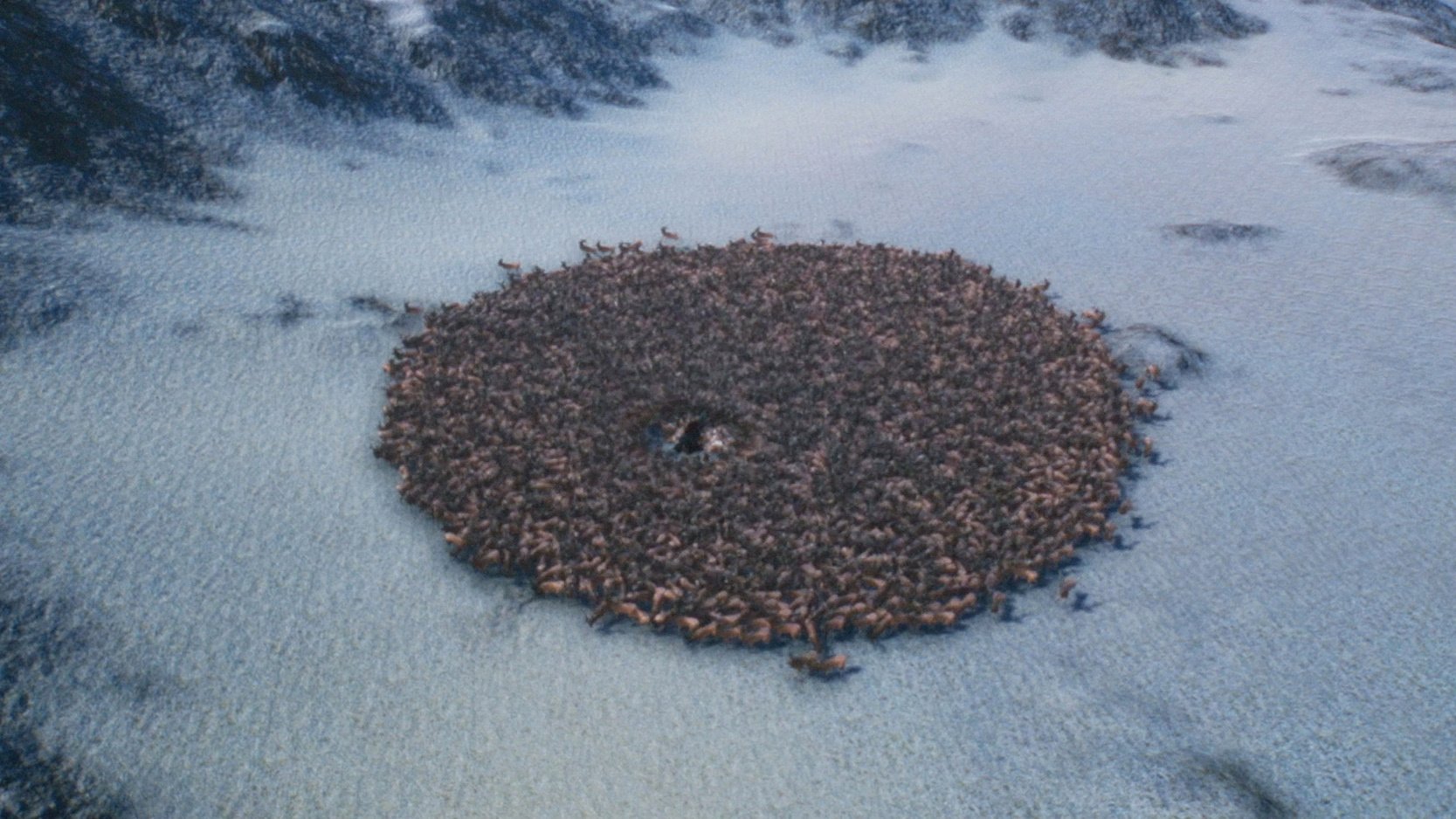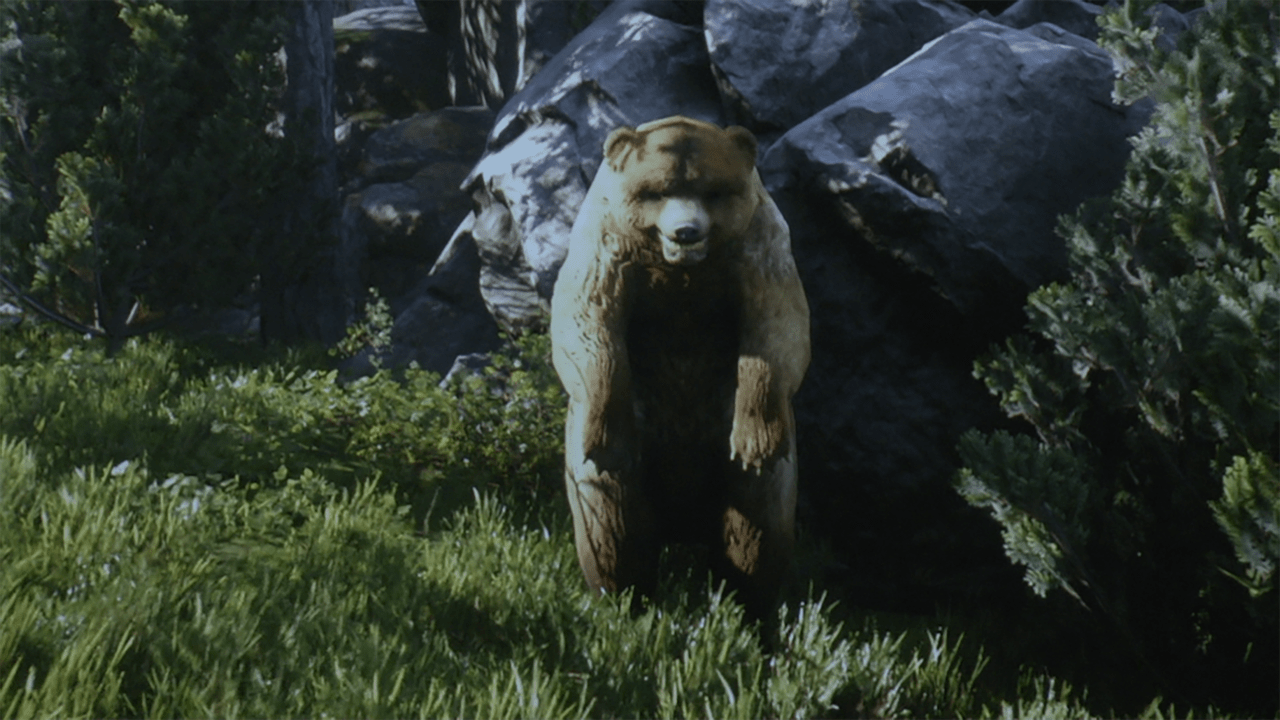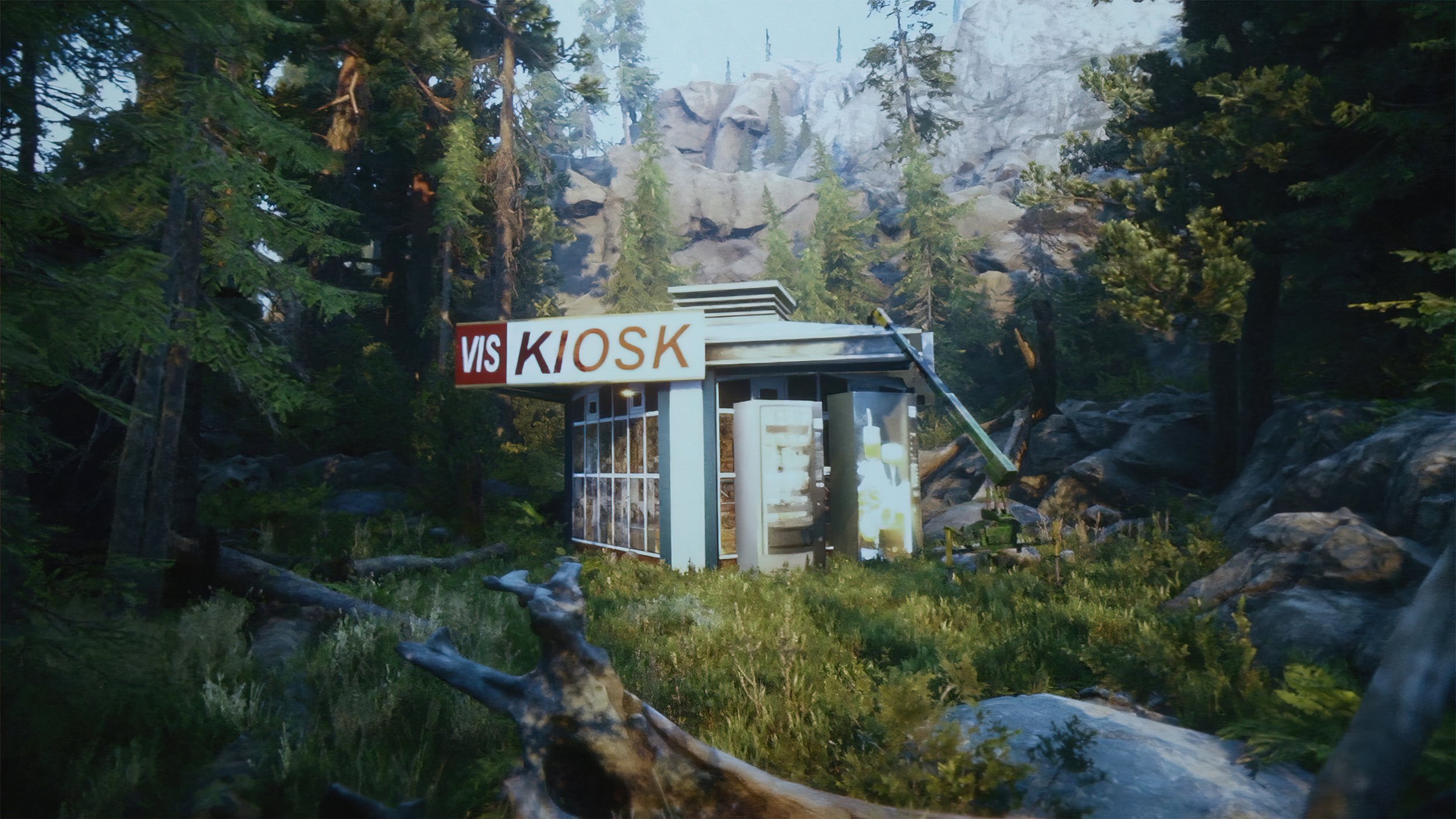One of the most captivating yet overlooked facets of Sandbox, an ethnographic and impressionistic study by Lucas Azémar and Charlotte Cherici of a French Grand Theft Auto V roleplay server, is the filmmakers’ innovative and meticulous process. To fully appreciate the originality of their documentation, it is essential to understand the context in which it was created.
As previously mentioned, Azémar and Cherici encountered the French GTA V roleplay community on Twitch, Amazon’s gaming streaming platform. Roleplay refers to a community of players who assume the identities and behaviors of specific characters, interacting with others in a manner driven by narrative or real-life simulation, diverging from the predefined storyline set by Rockstar Games. This vibrant subculture within the broader GTA V user community is often enhanced through modifications (mods) that enable more detailed interactions, exemplified by well-known platforms such as FiveM and GTA Network. These players choose Twitch as their preferred broadcasting platform, streaming gaming sessions live to an audience that includes both roleplayers and non-roleplayers. Both filmmakers are well-versed in gaming culture. Azémar, in particular, delved into gaming themes in his first film, Life on Earth, which was his graduation project at the prestigious school HEAD (acronym of Haute École d’Art et de Design) in Geneva, Switzerland. Similarly, Cherici has explored the concept of roleplay, though her focus has extended beyond digital environments.
Their first joint endeavor, Sandbox, captures the dynamics of a French roleplaying community in an exploratory and experimental, rather than didactic, style. Azémar and Cherici adopt an ethnographic approach, positioning themselves as both observers and engaged participants. Mirroring the style of Knit’s Island, the documentary eschews traditional talking heads and omniscient narration. Instead, it unfolds through a series of vignettes where players fully embody their chosen identities throughout their interactions. Exceptions occur with the occasional trolls or uninformed users, who are either expelled or gently asked to leave the server, informally “the island”, by the all-seeing referees. To preserve the authenticity essential to this unique form of play, Azémar and Cherici opted to forgo the traditional method of editing found footage collected from Twitch. Instead, they fully immersed themselves in the game’s environment to pursue what we can call a specific kind of jeu video vérité (truthful gaming), the game video essay equivalent of cinema vérité, a documentary filmmaking that combines naturalistic techniques with observational cinema, emphasizing a candid approach to its subjects.
Jeu vidéo vérité embodies a particular style of game video essay that aims to capture and present video game experiences in a truthful, impressionistic, and immersive manner. This method proves effective and viable, emphasizing the authenticity of virtual experiences through spontaneous and unscripted interactions within digital gaming environments.
Among the features of jeu vidéo vérité we can identify direct engagement…
Matteo Bittanti
Works cited
Sandbox (Bac à sable)
Charlotte Cherici, Lucas Azemar
documentary, 58’, 2023, France
Production: Jérôme Blesson
Screenplay: Charlotte Cherici, Lucas Azémar
Filming: Charlotte Cherici, Lucas Azémar
Editing: Charlotte Cherici, Lucas Azémar, Mila Olivier
Music: Simon Averous
Sound: Pierre Oberkampf
Lucas Azemar
short, 35’, 2019, Switzerland/France
This content is exclusive to Patreon subscribers. To gain full access, consider joining our vibrant community.


